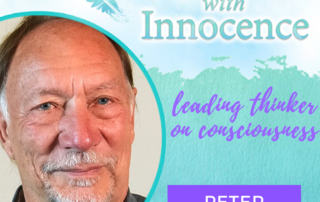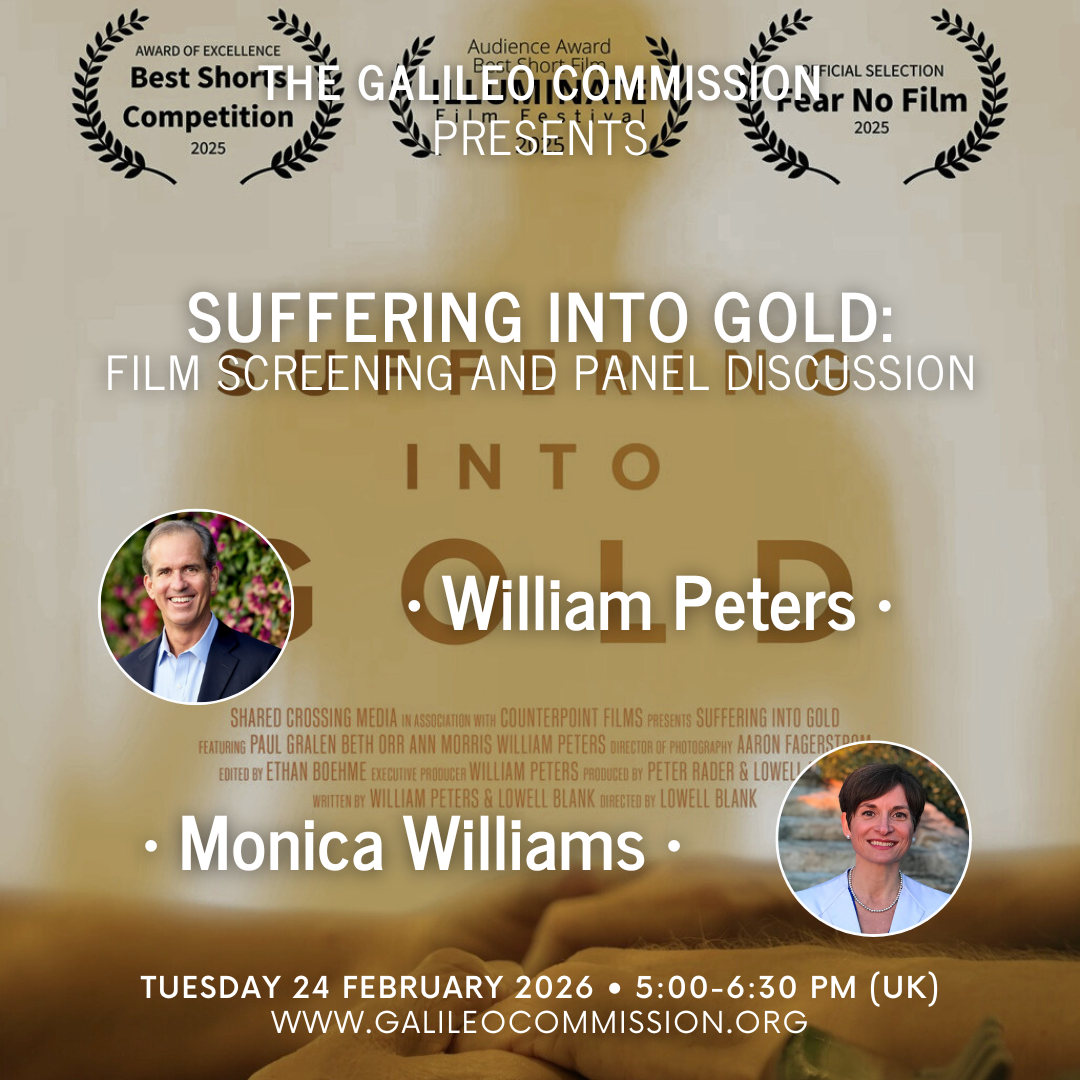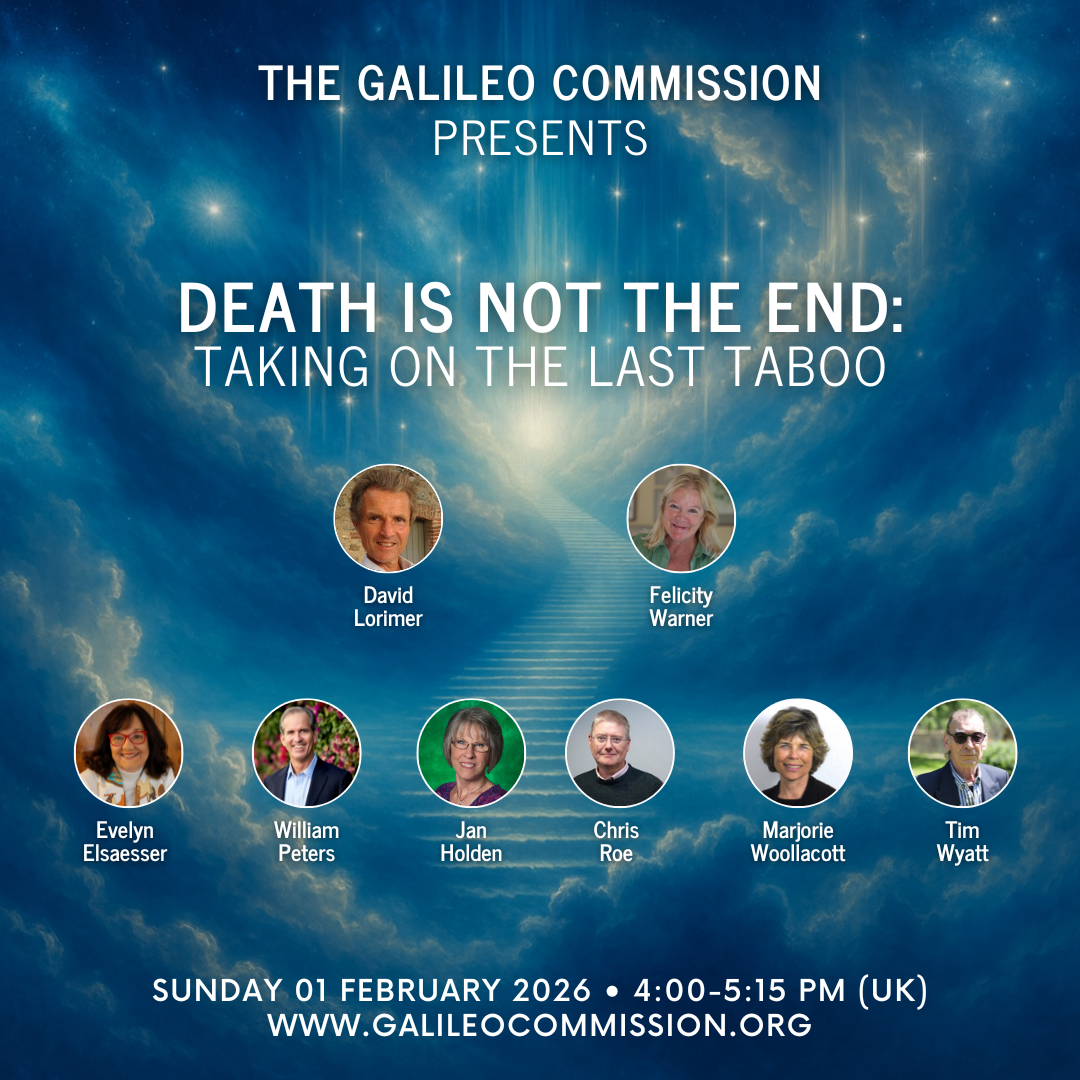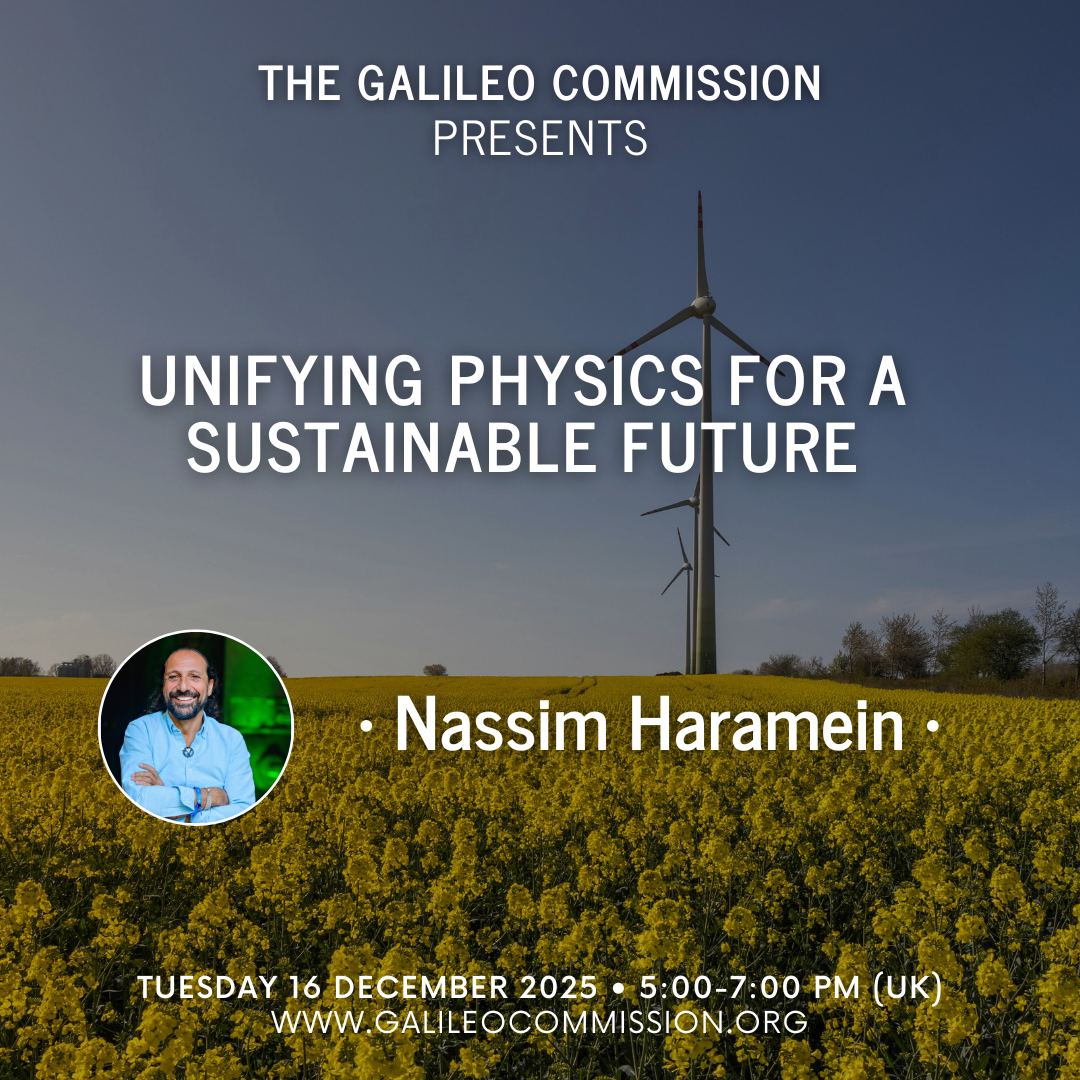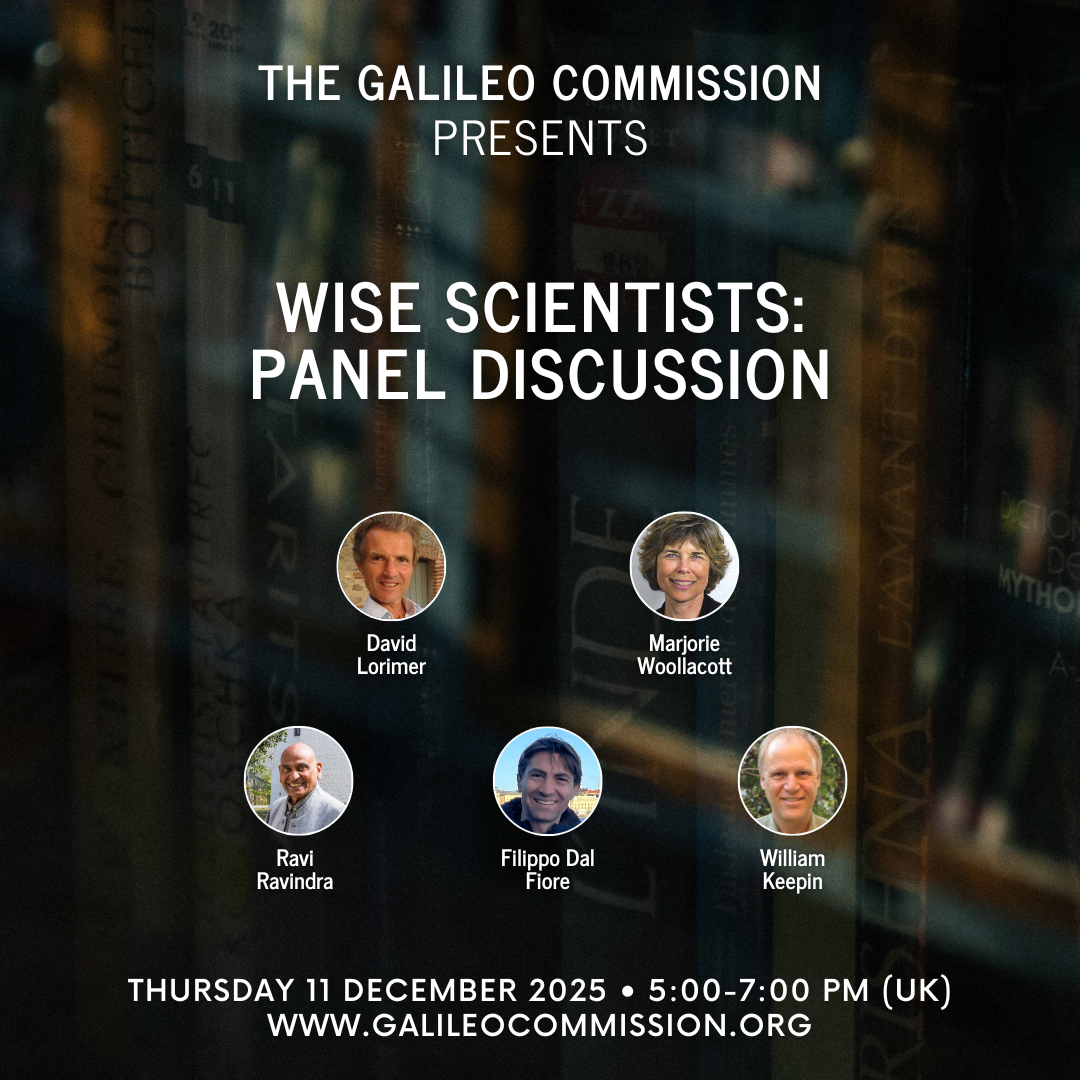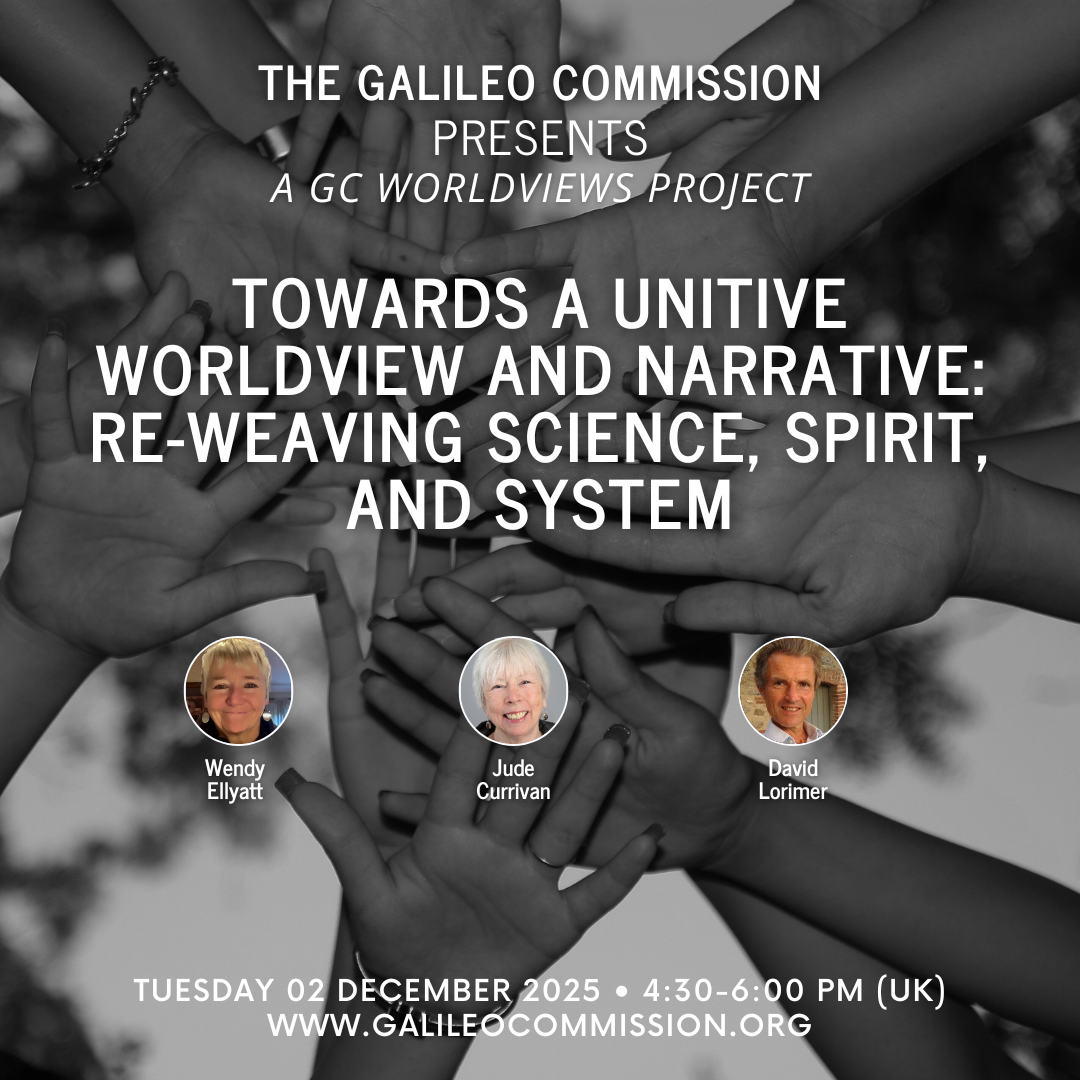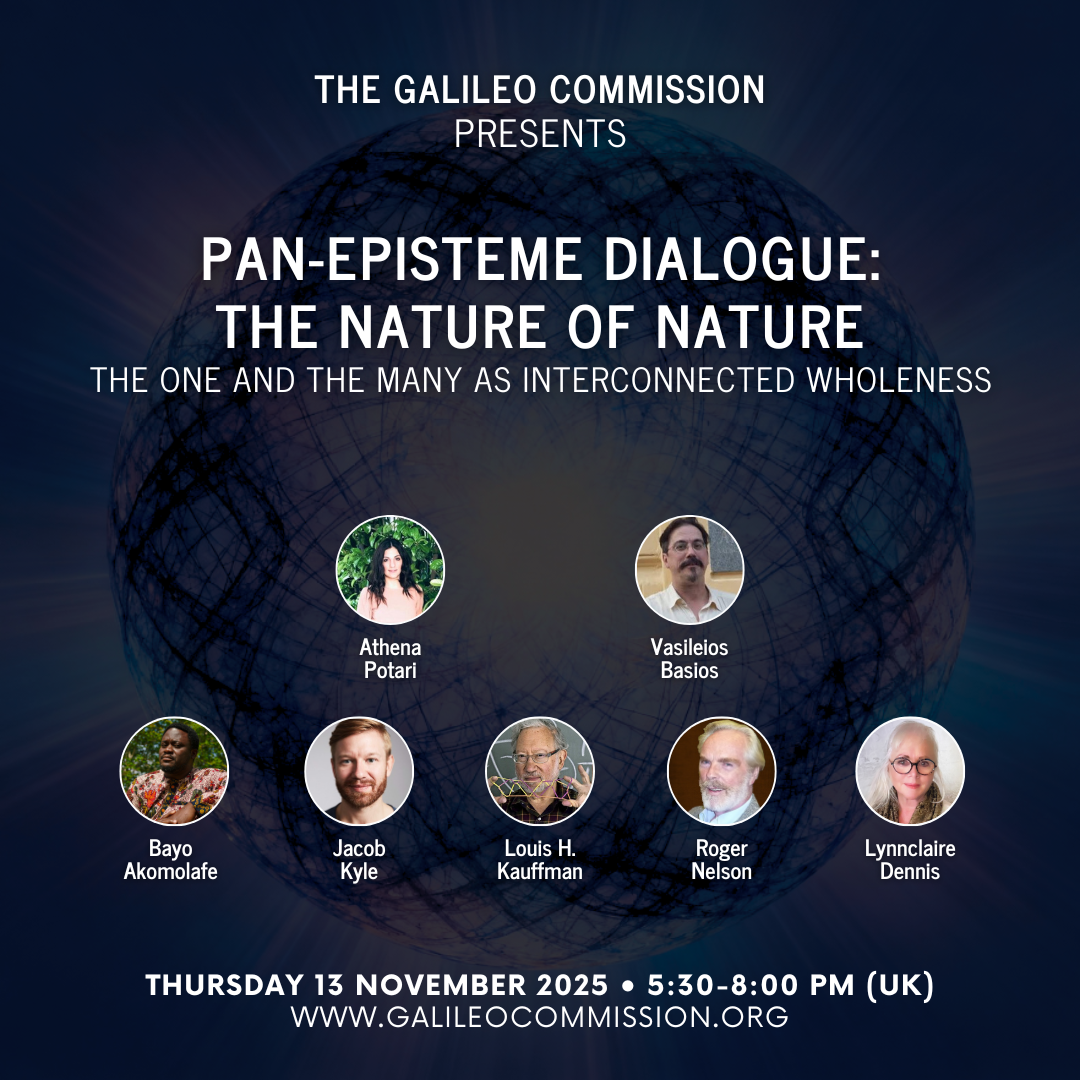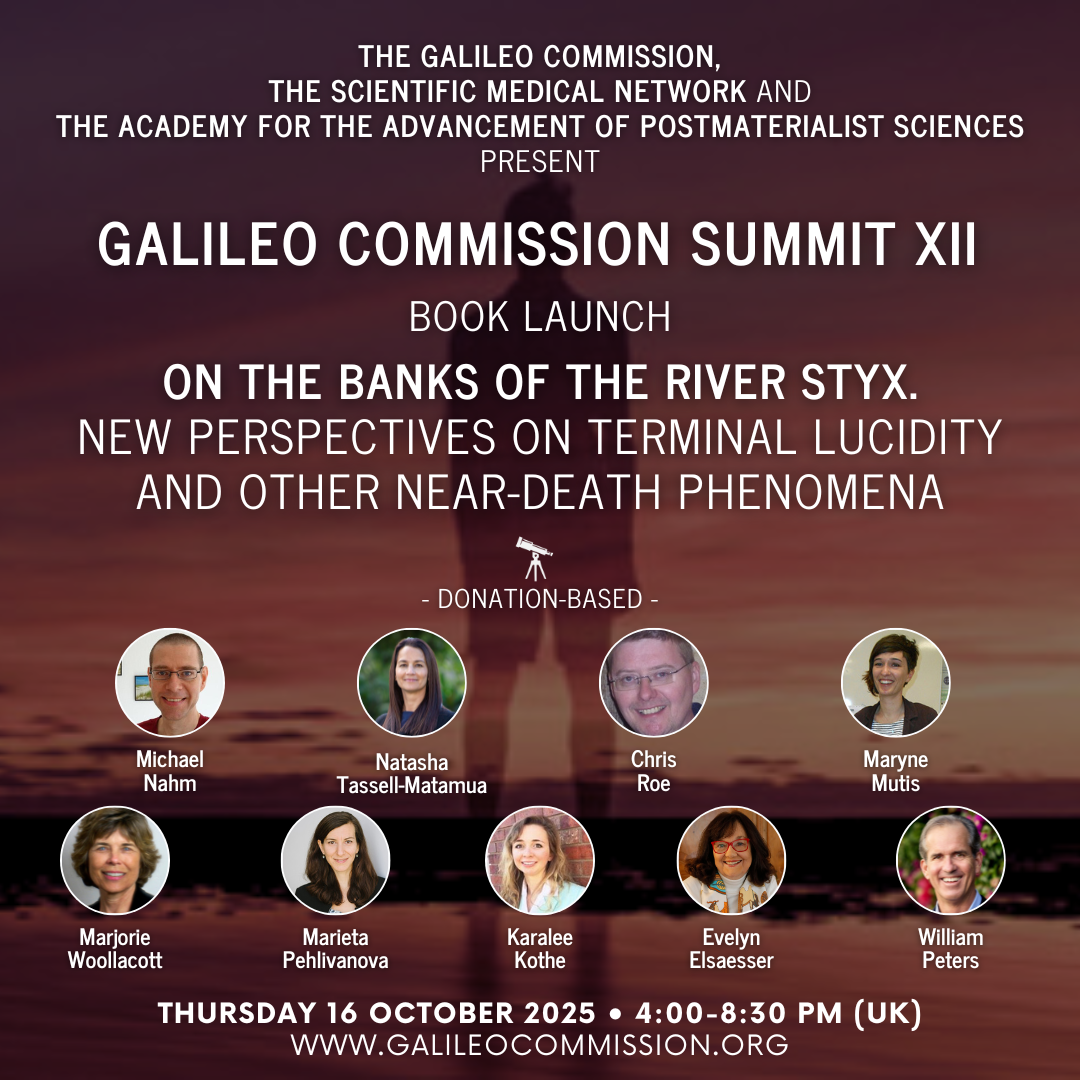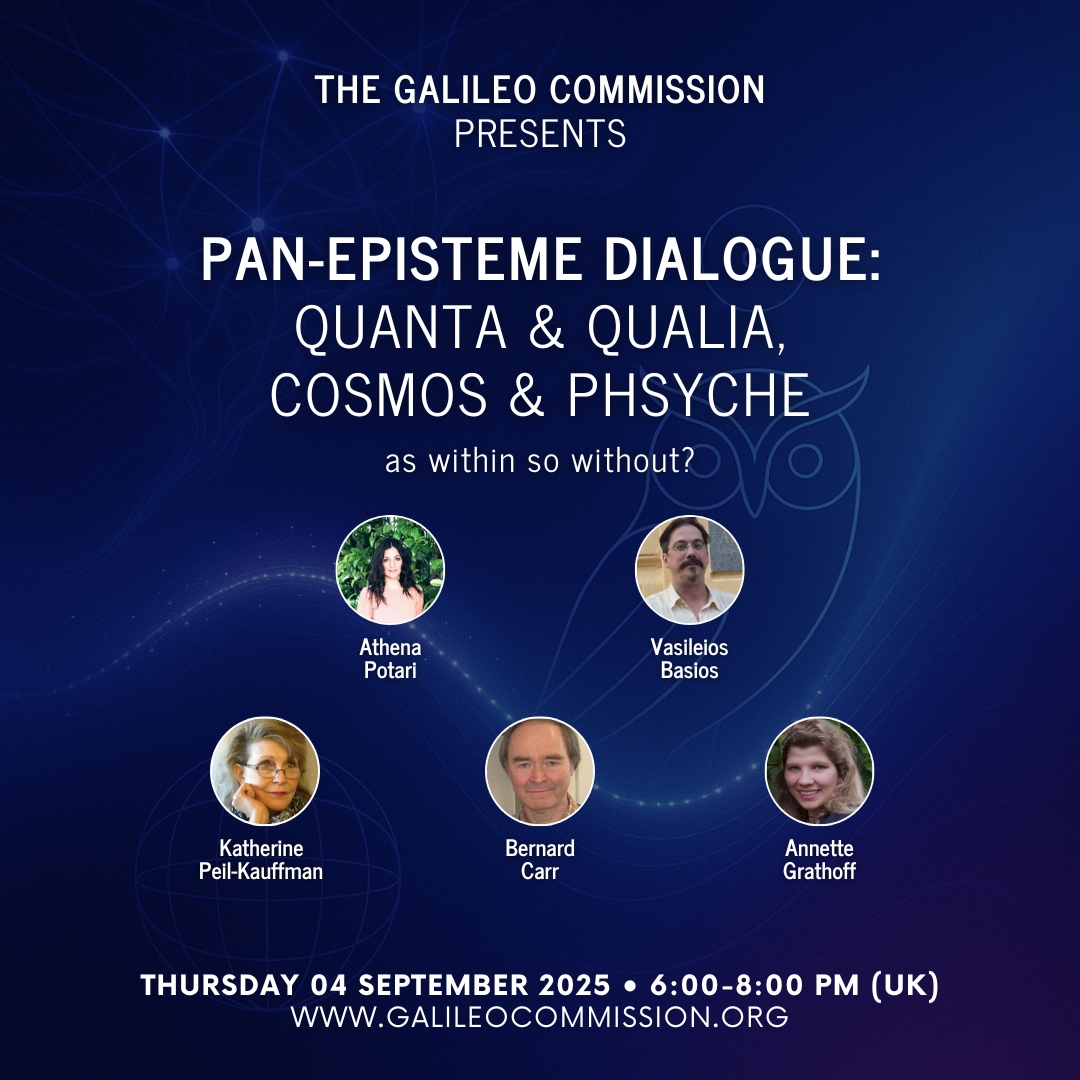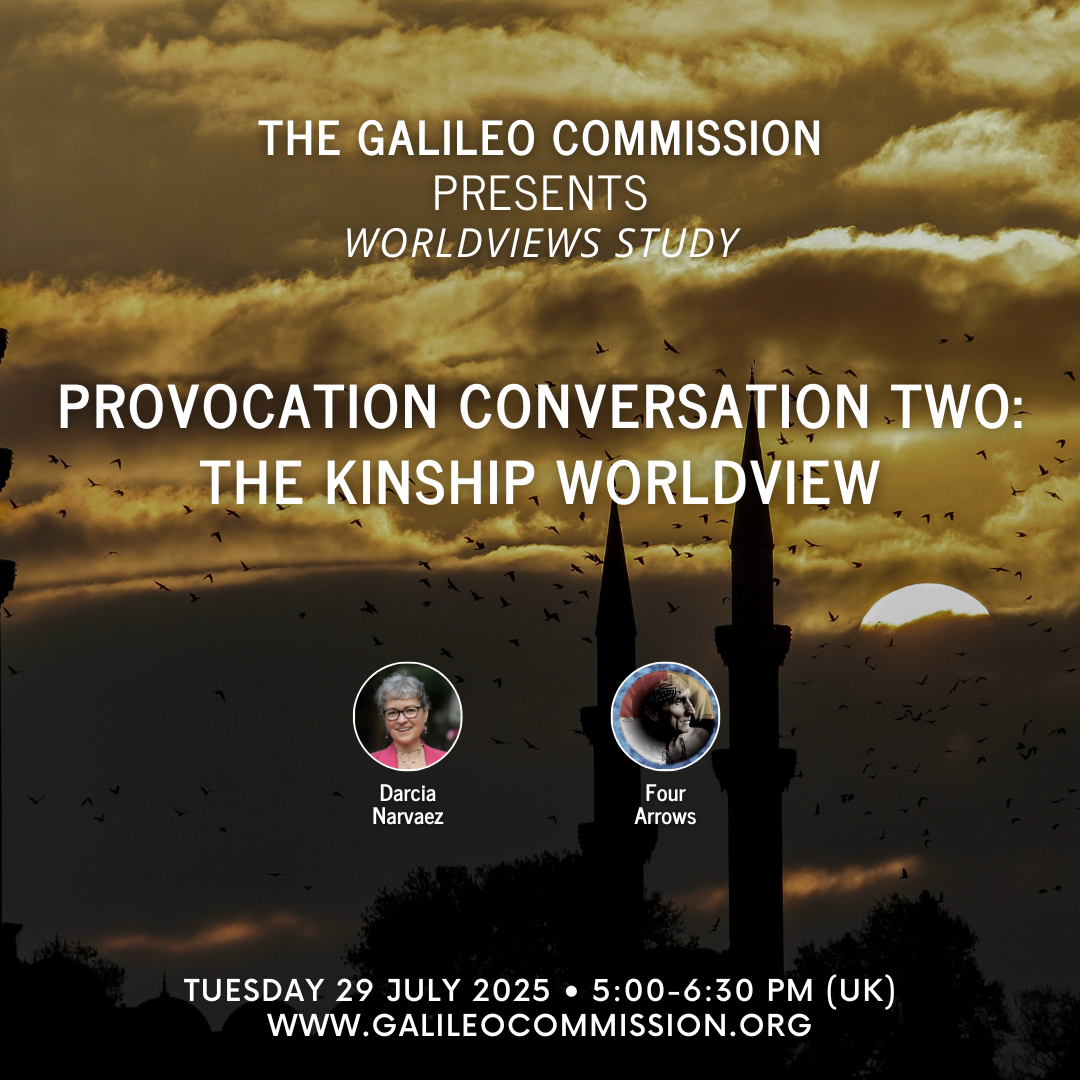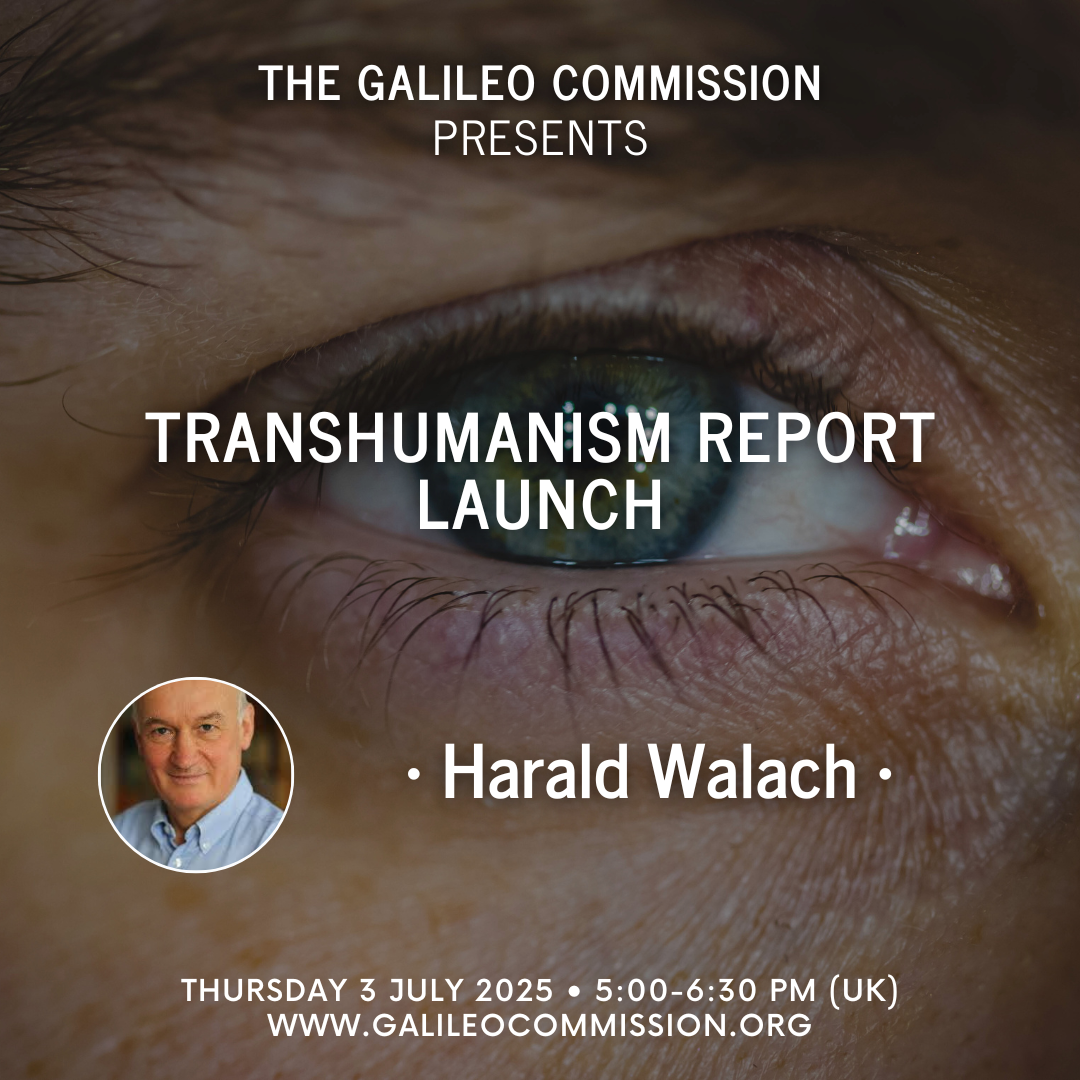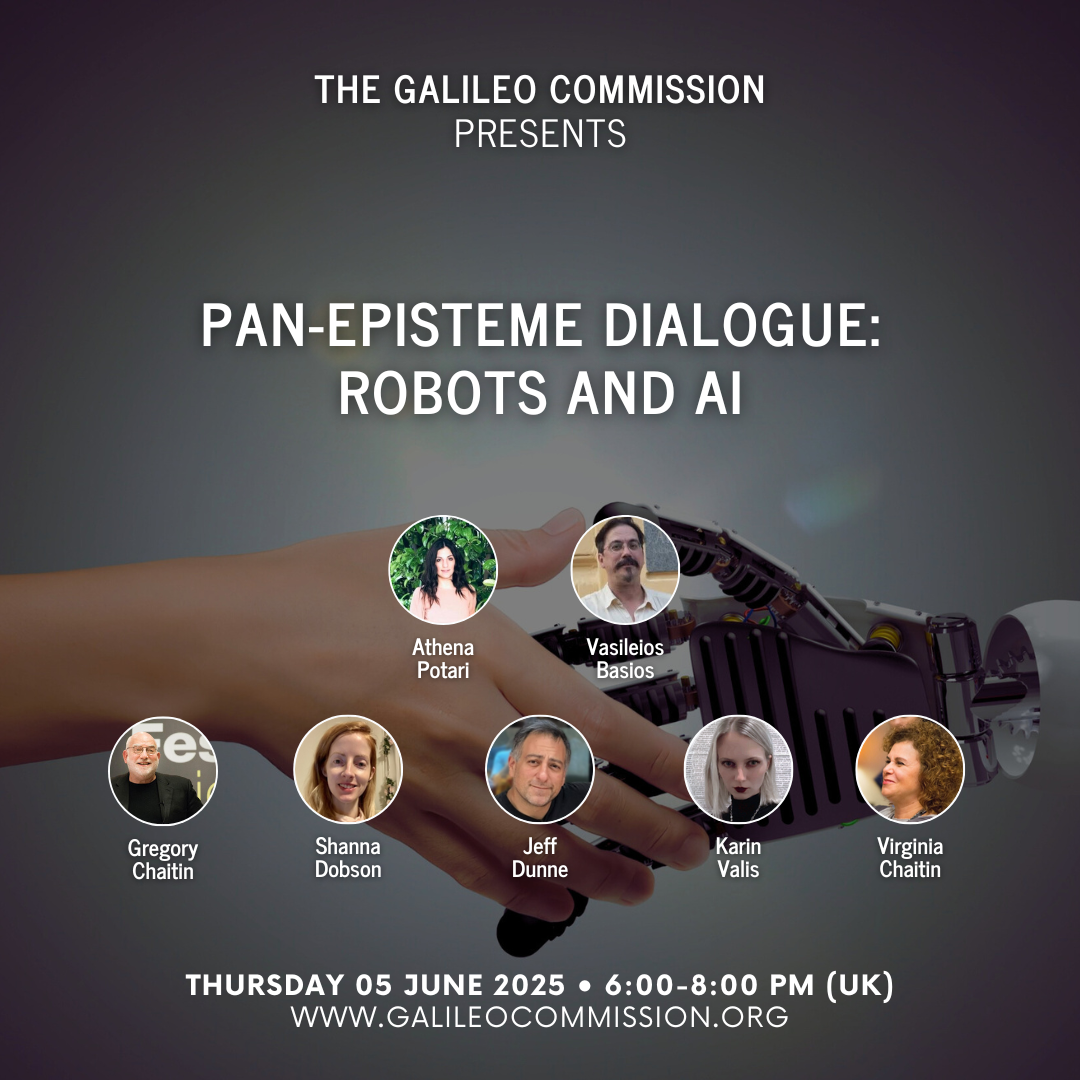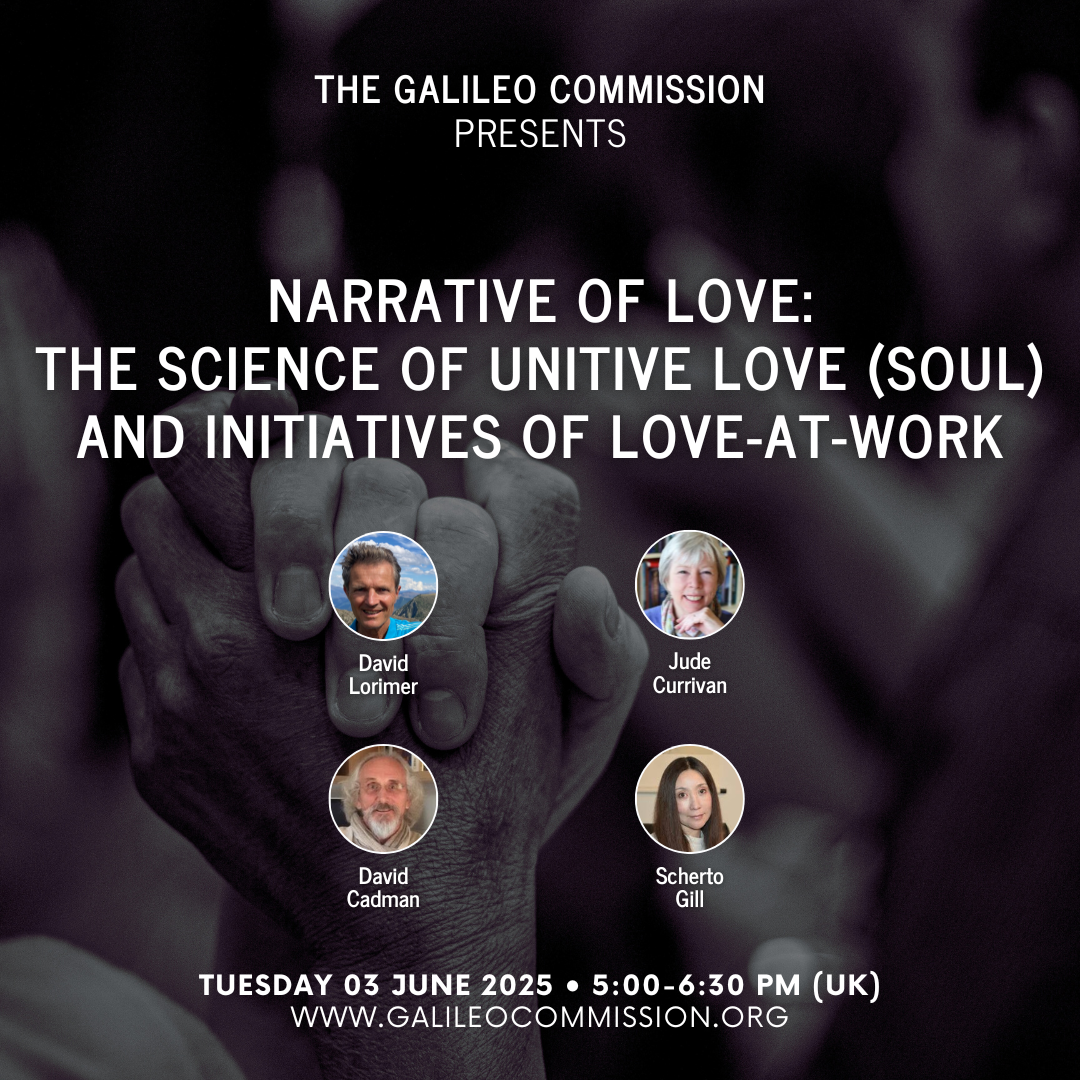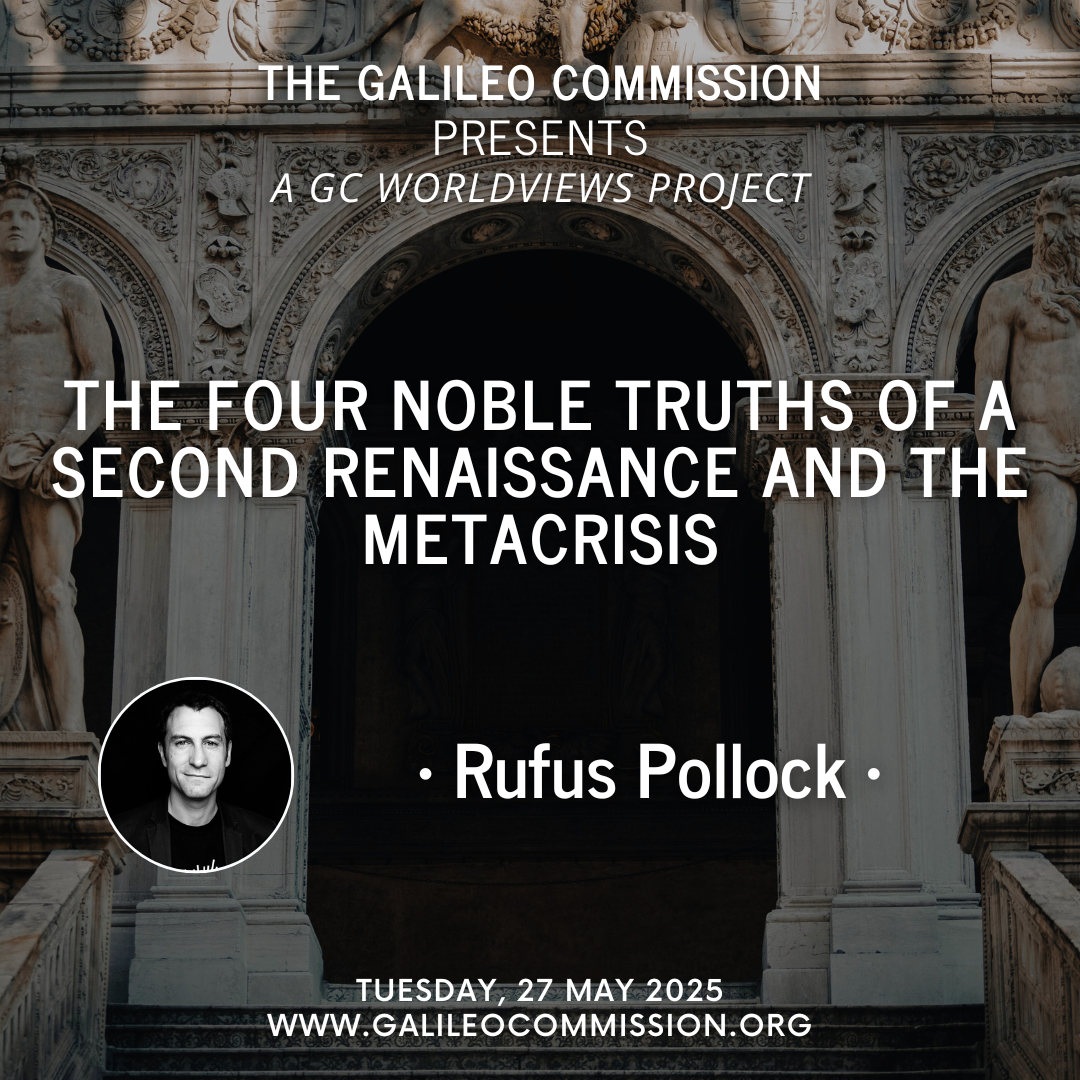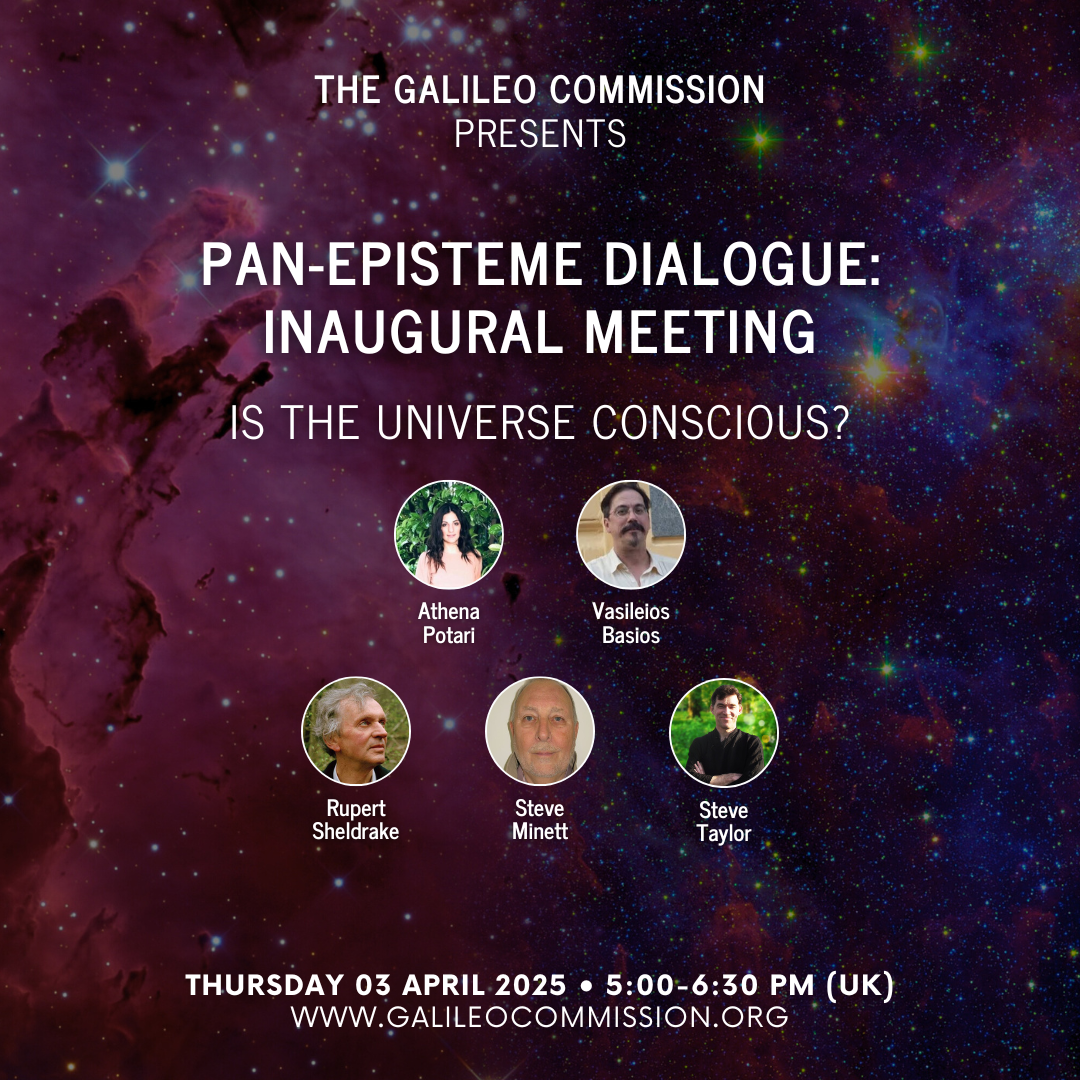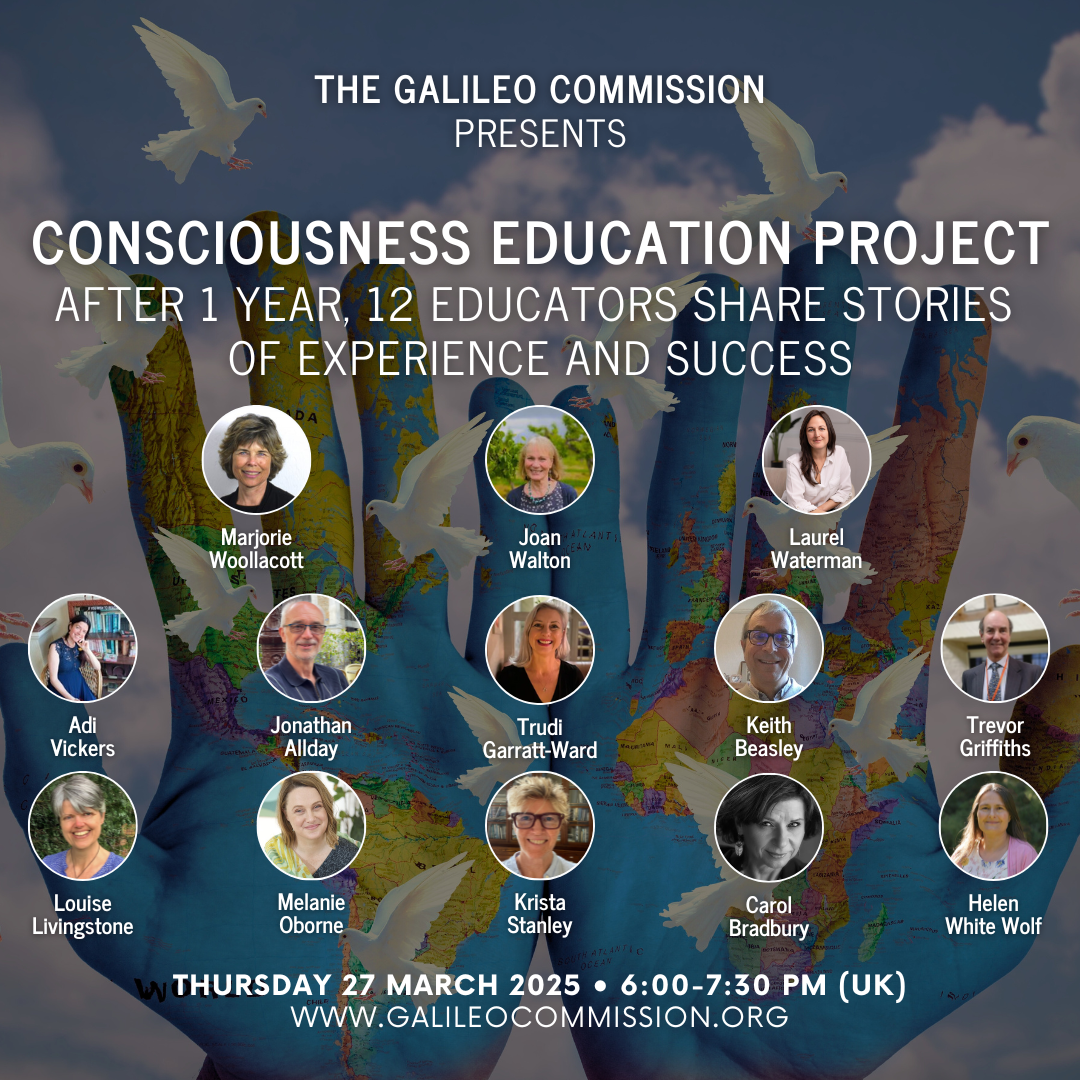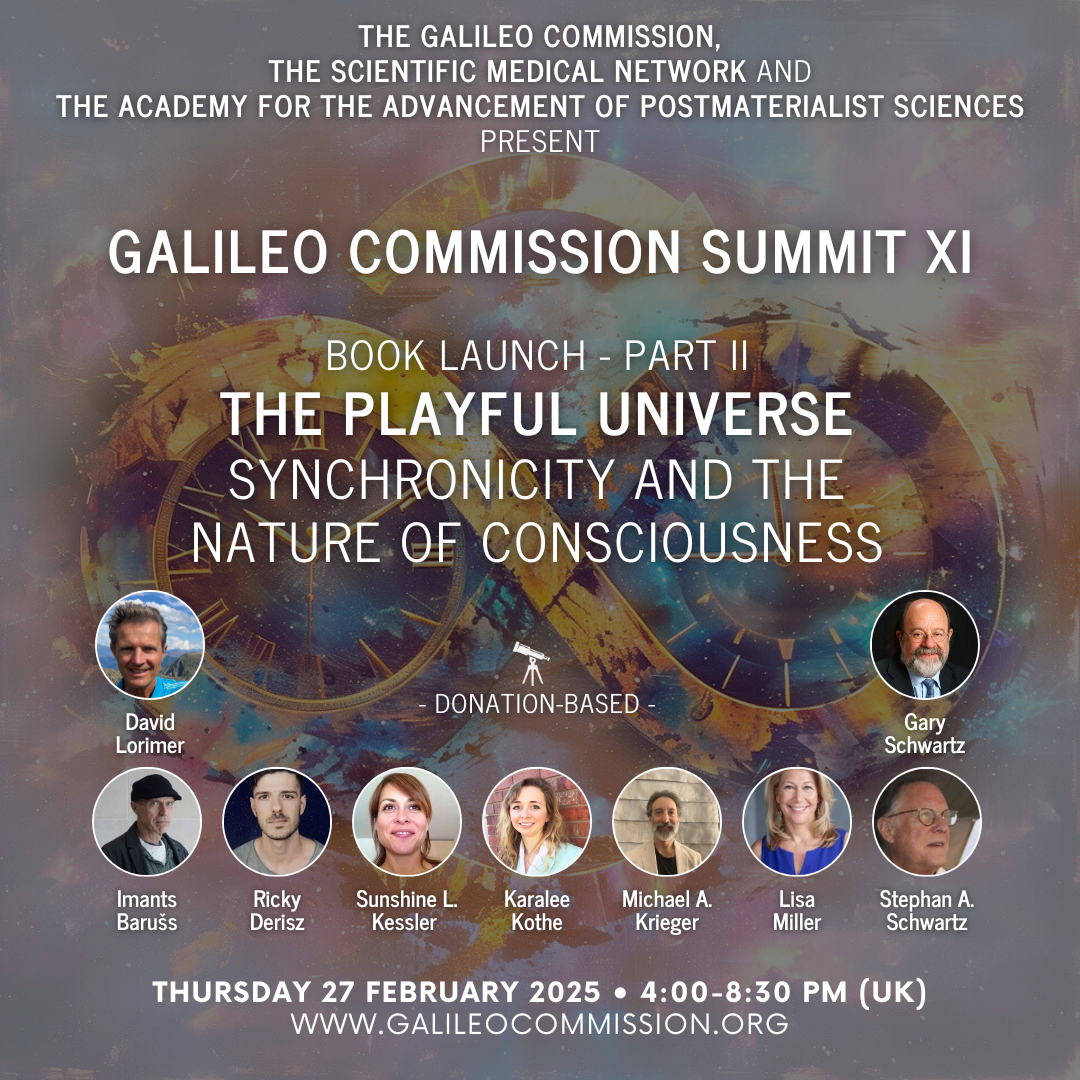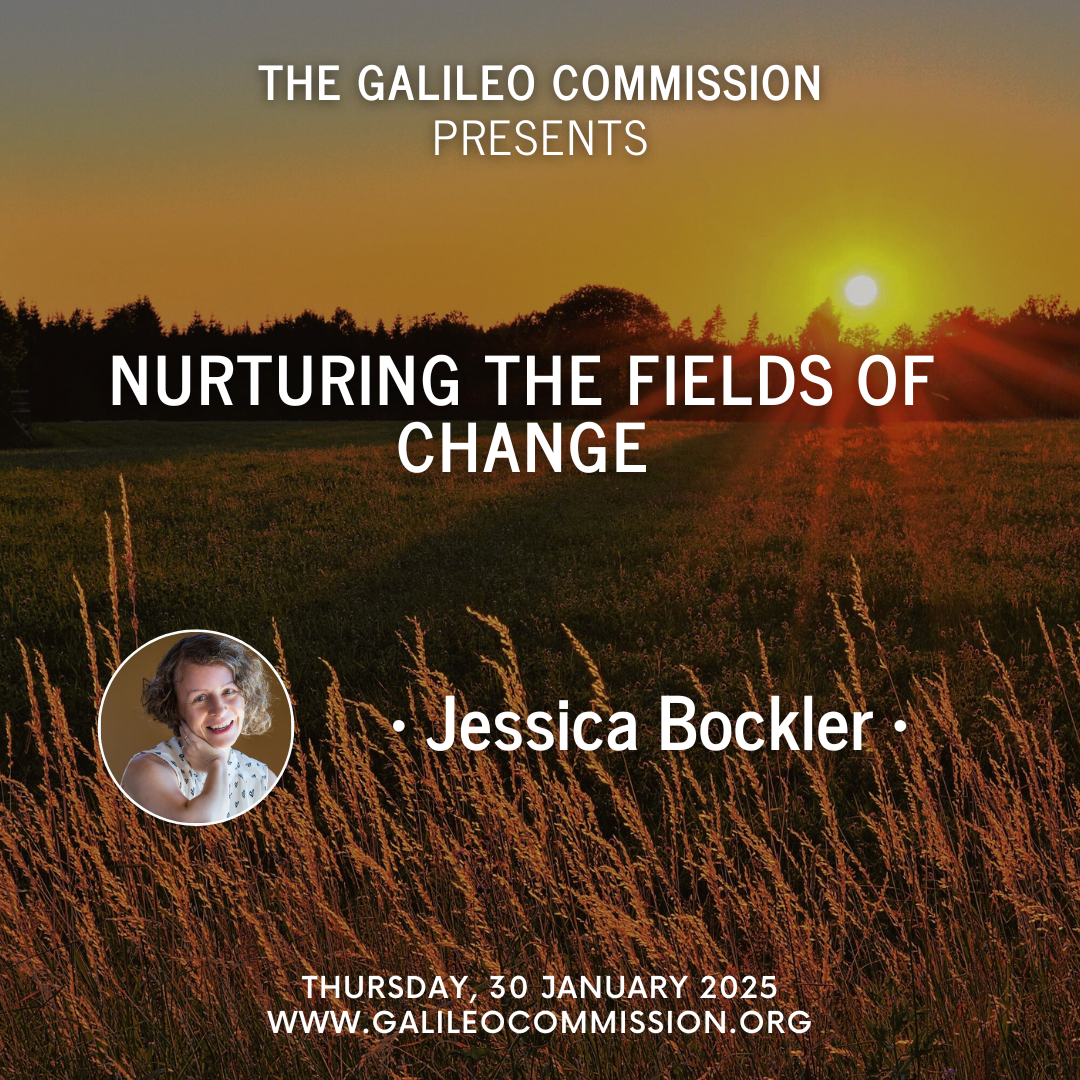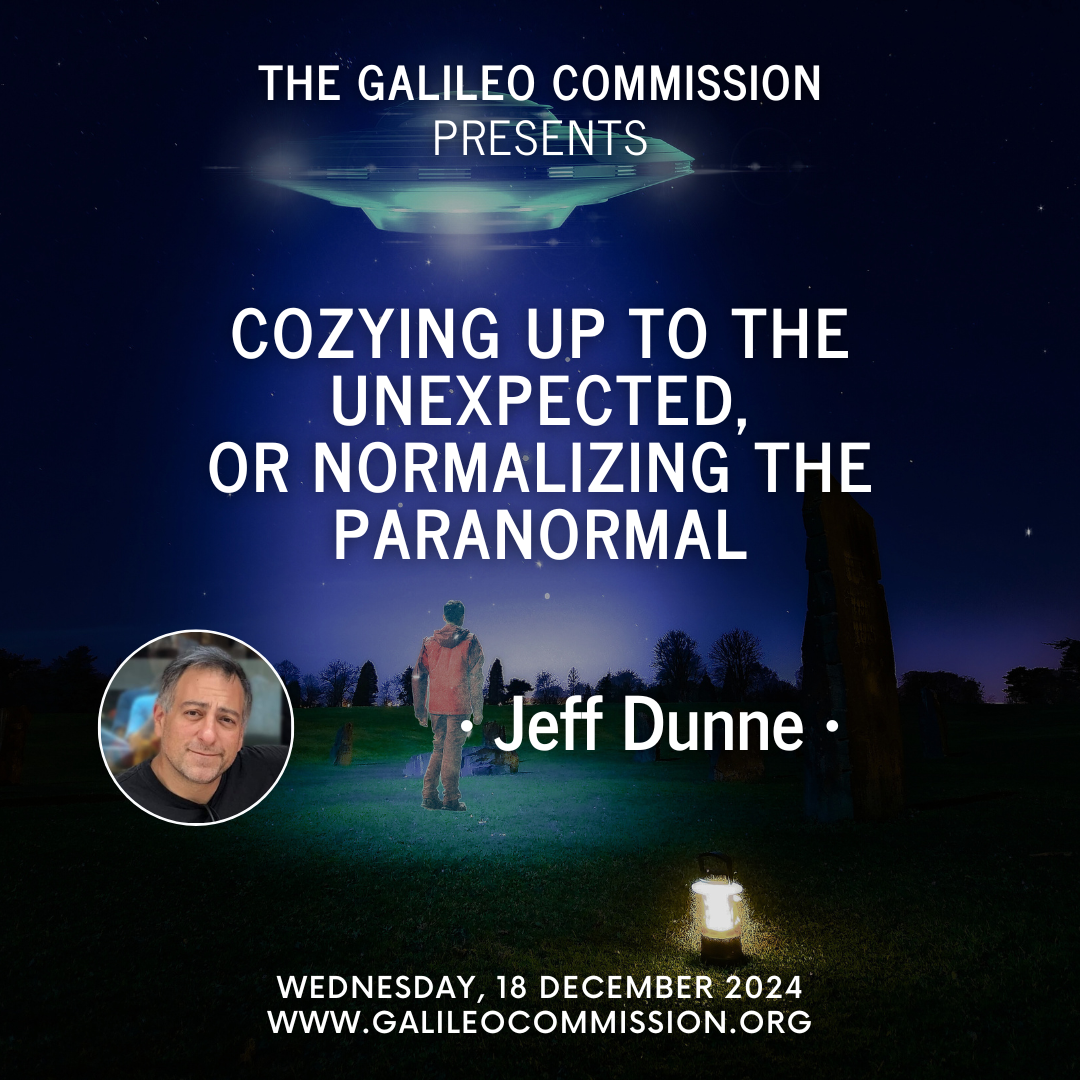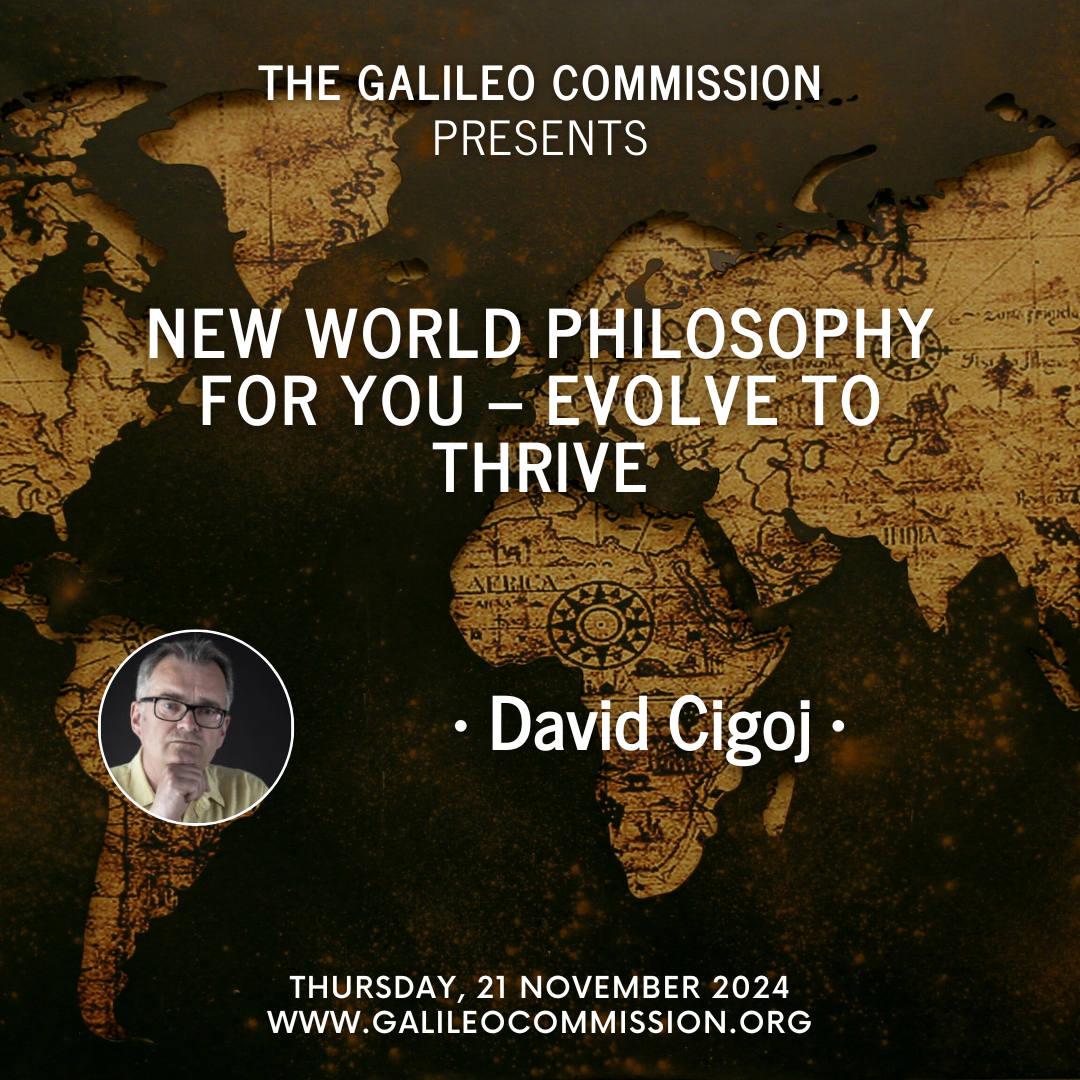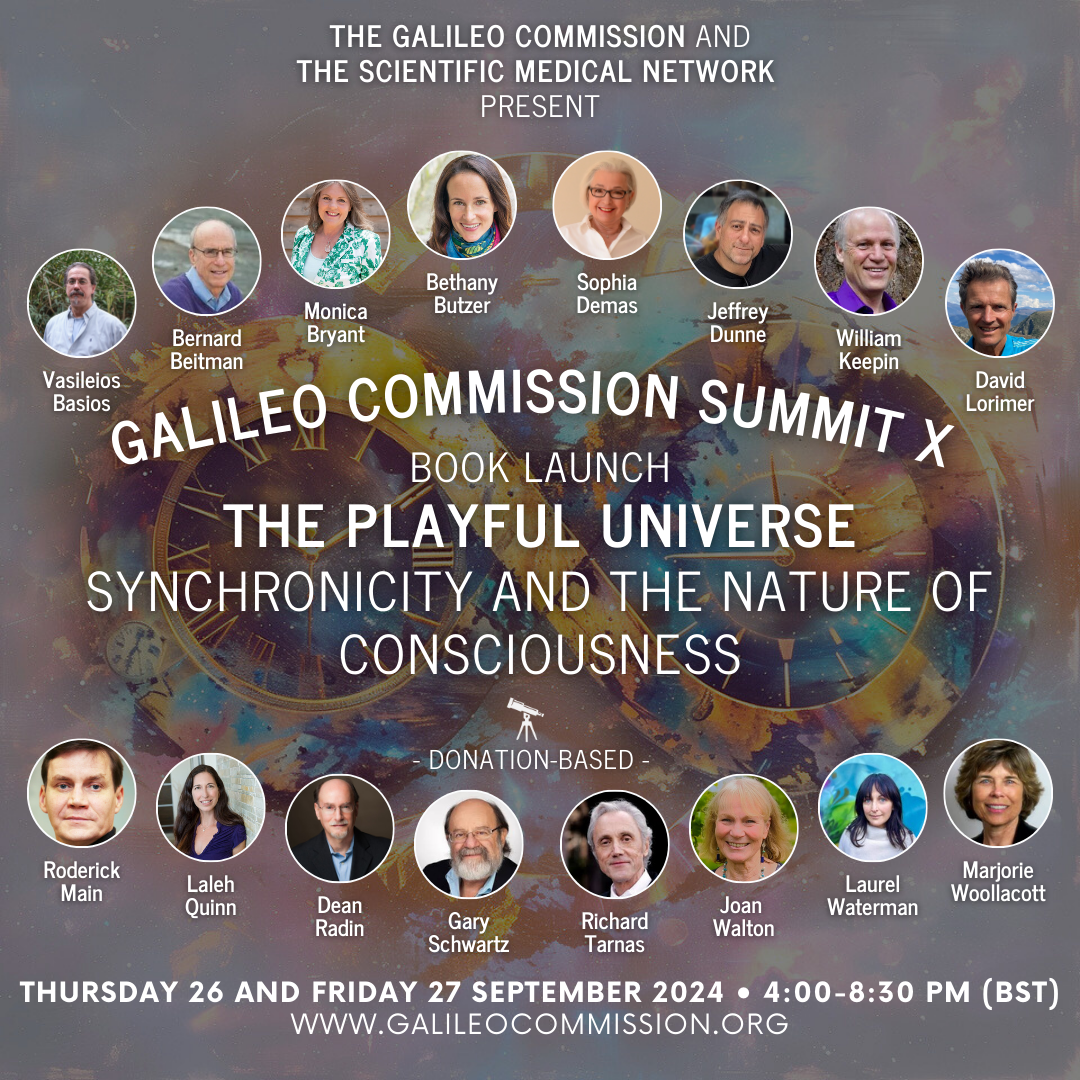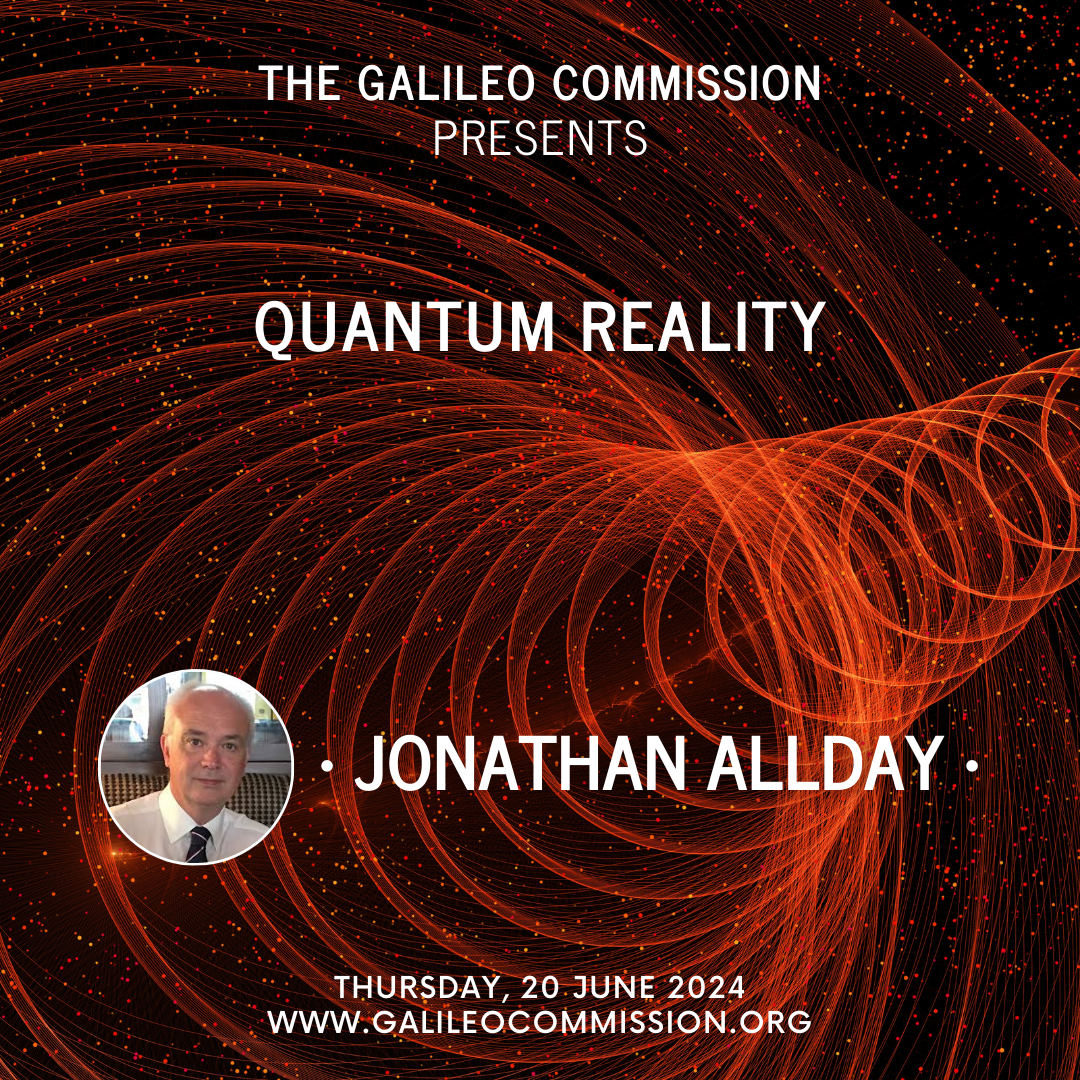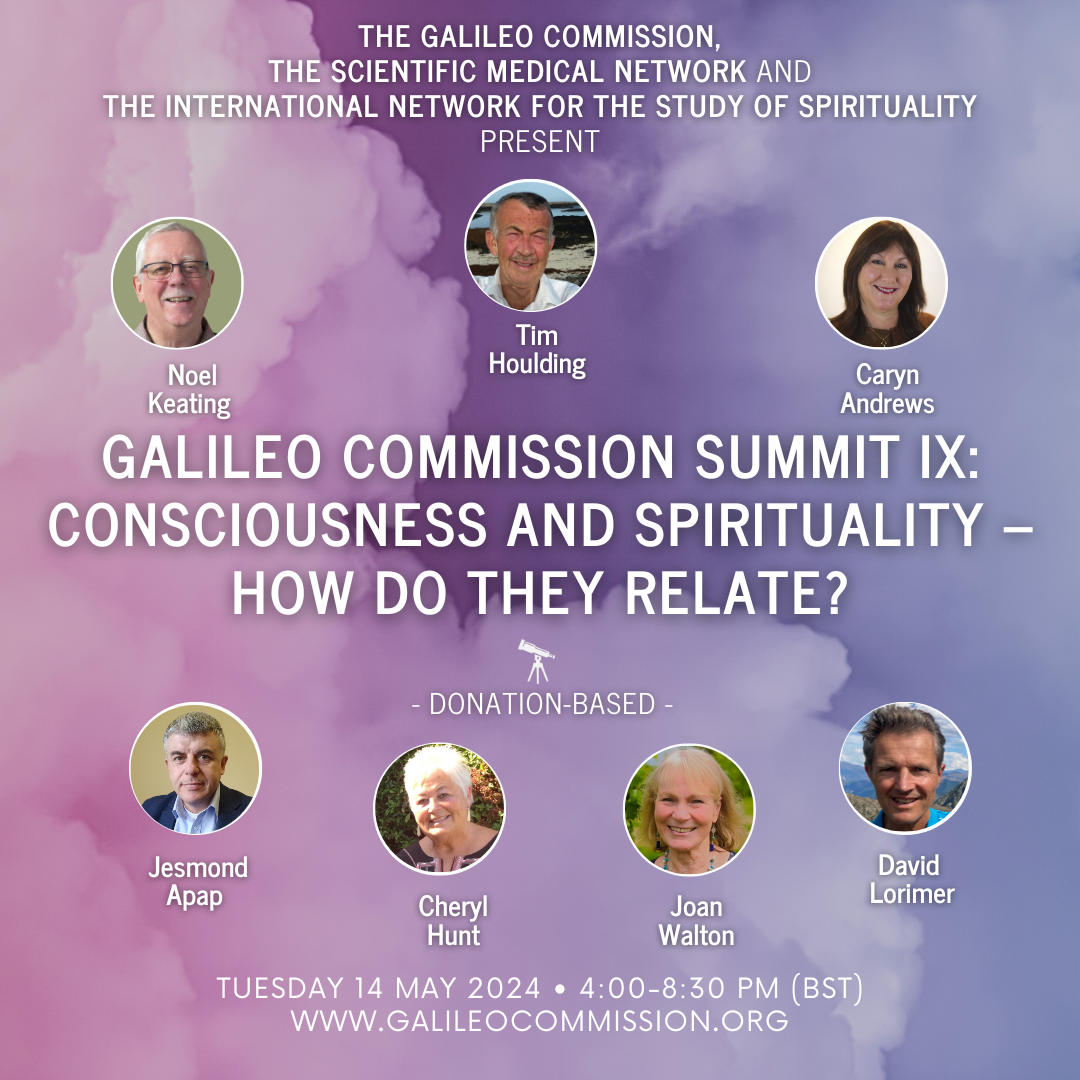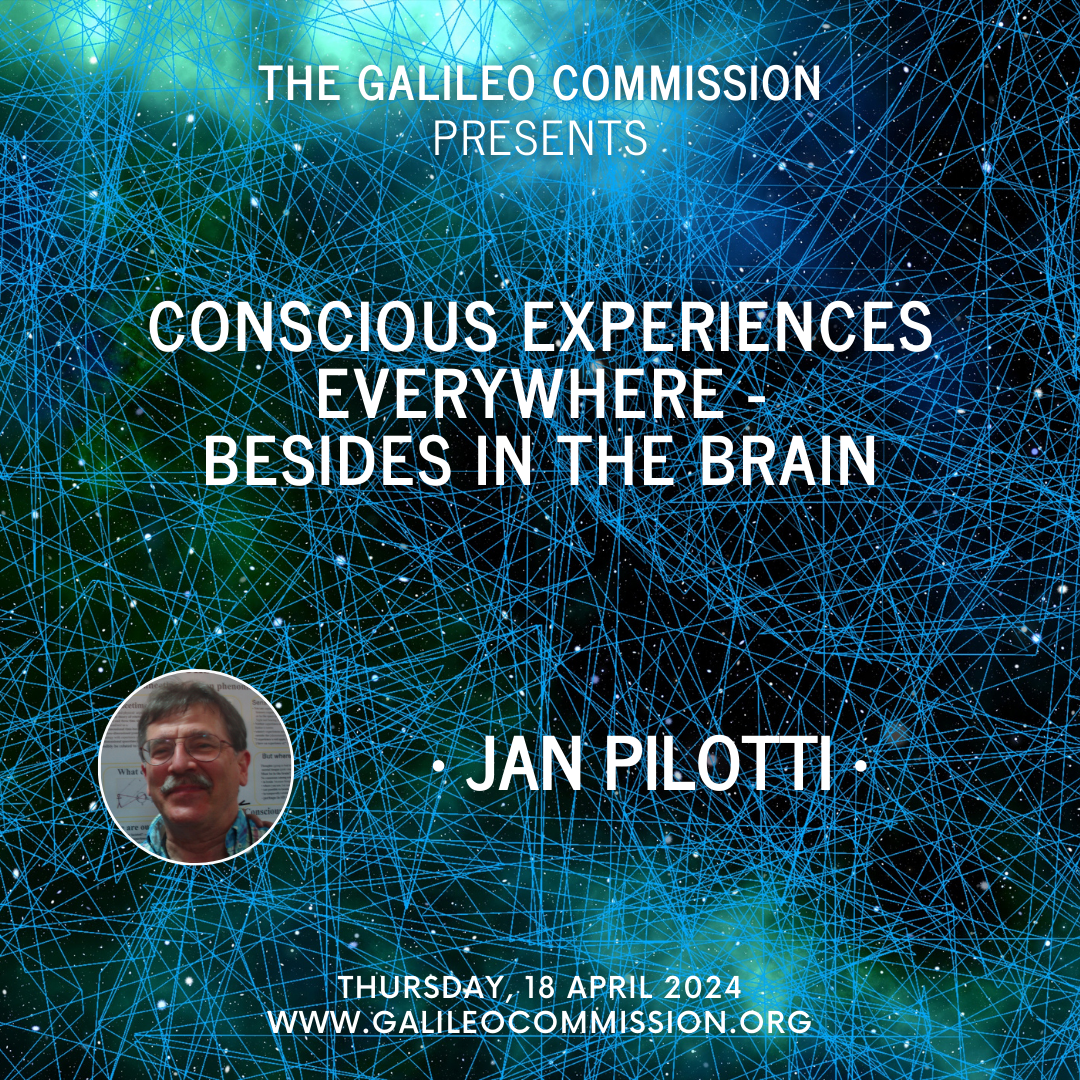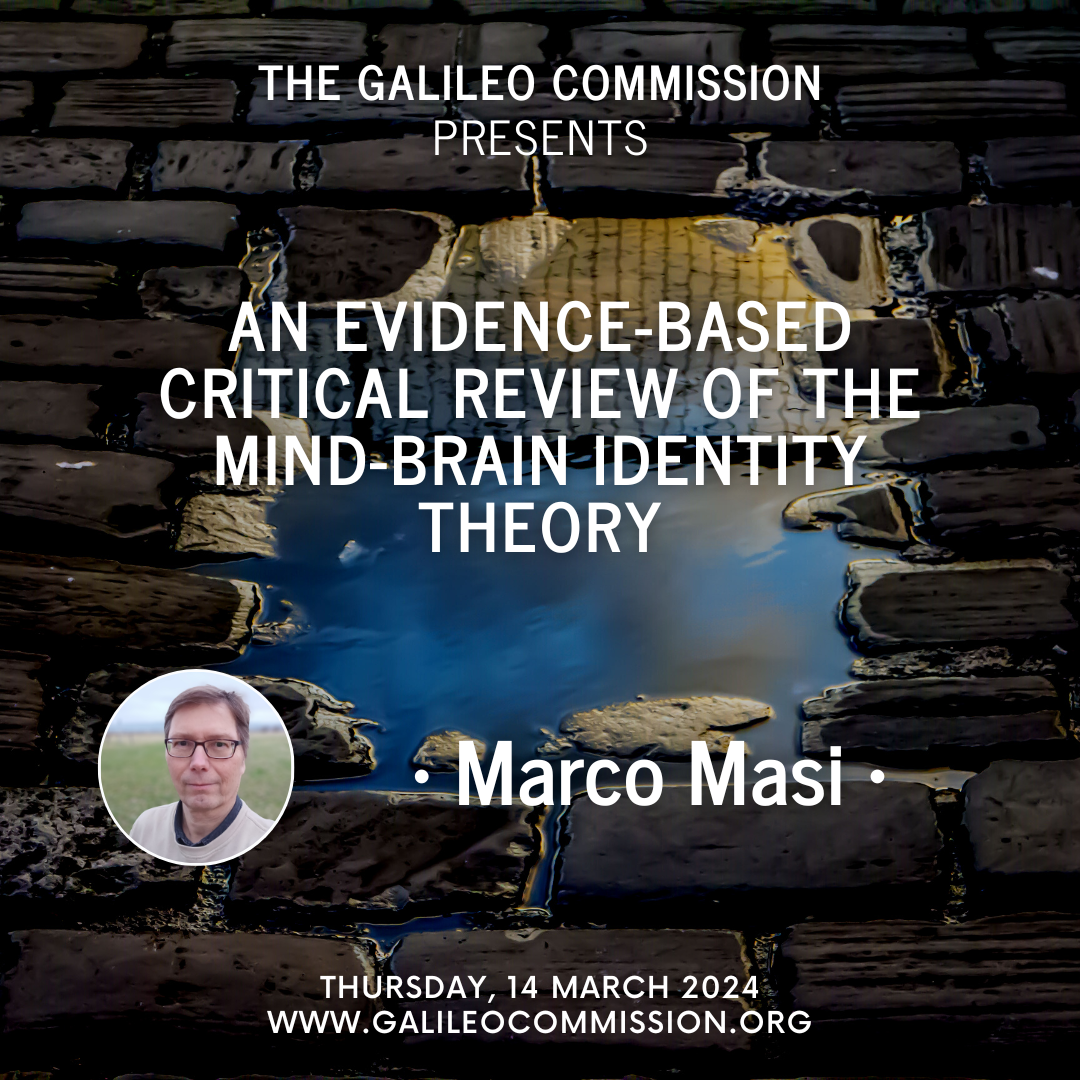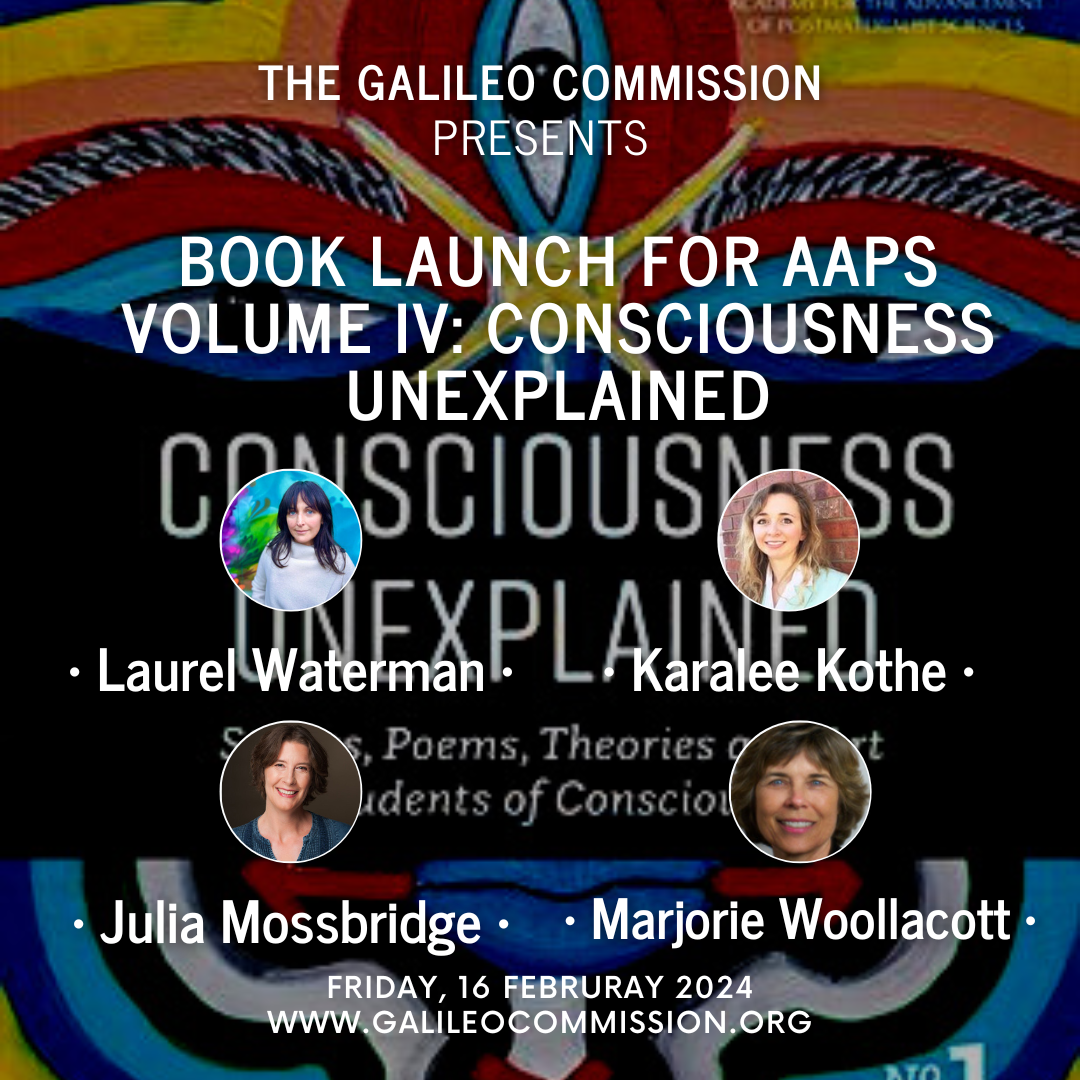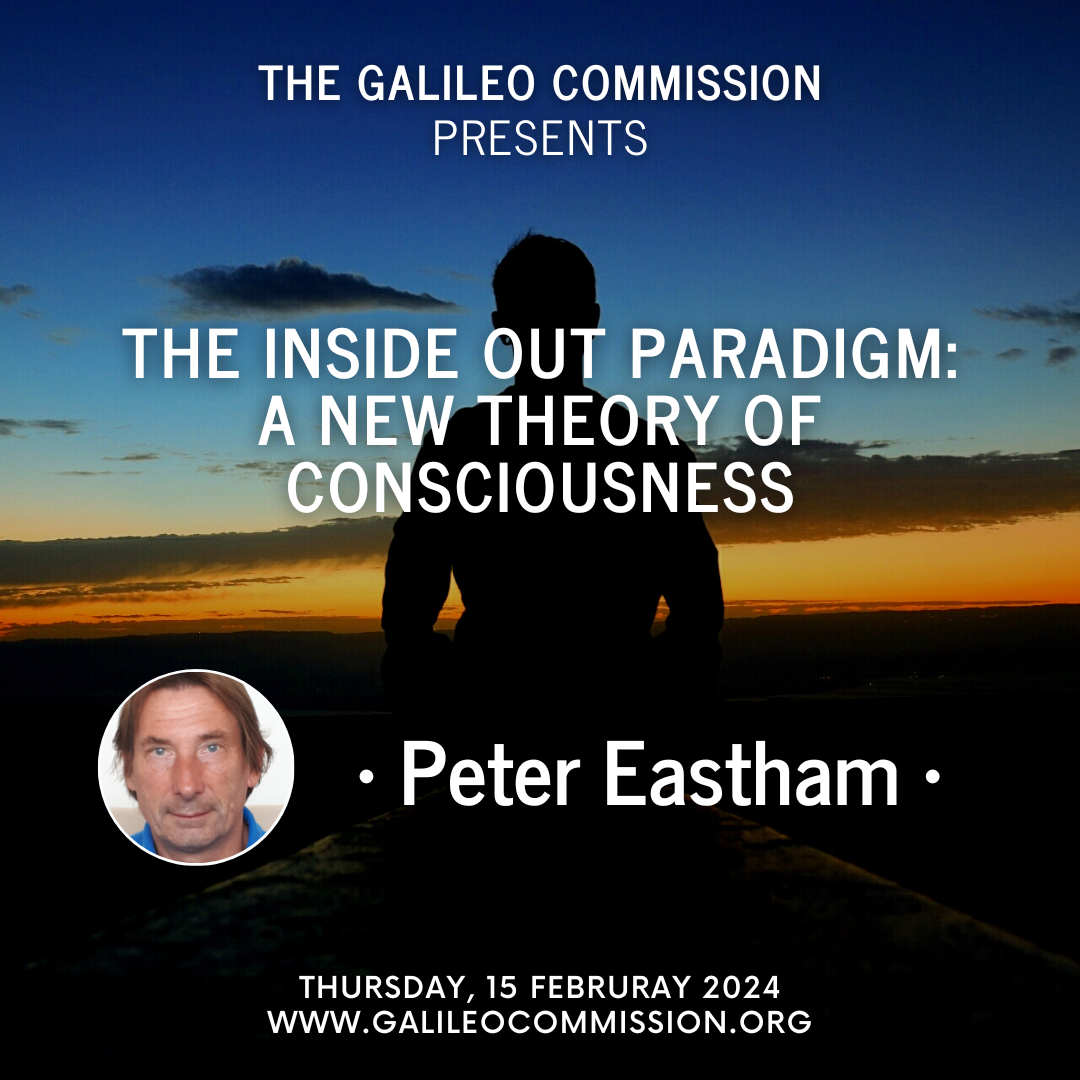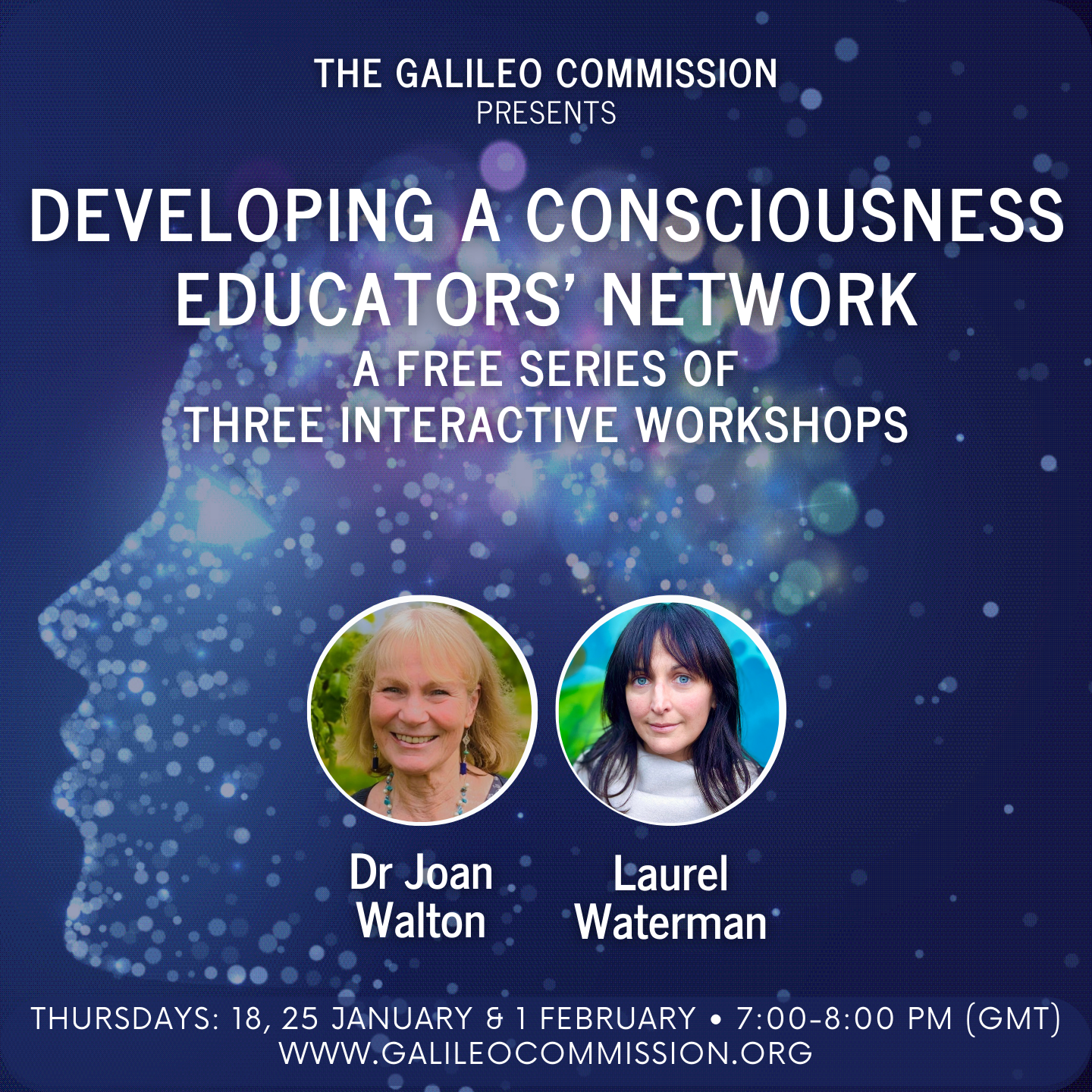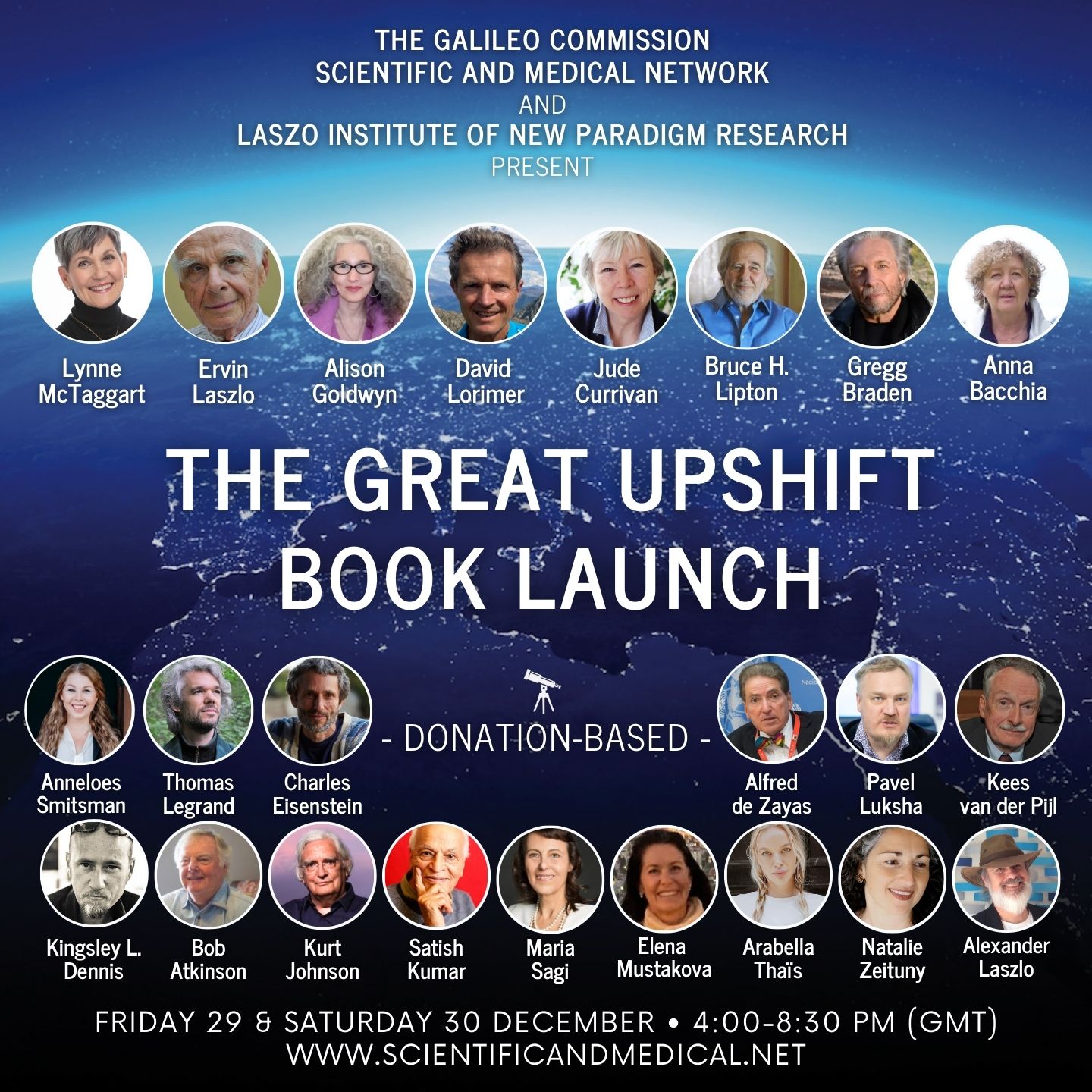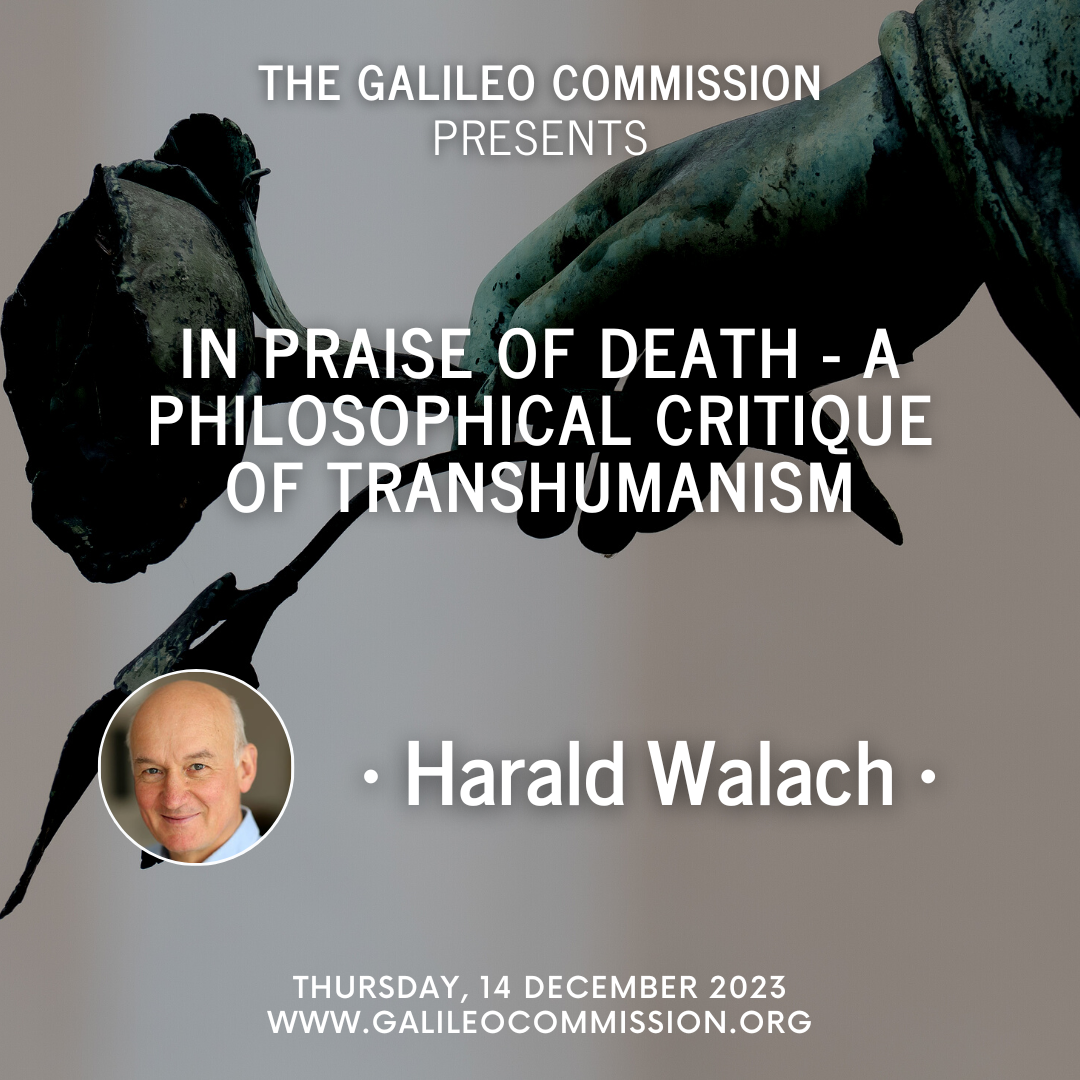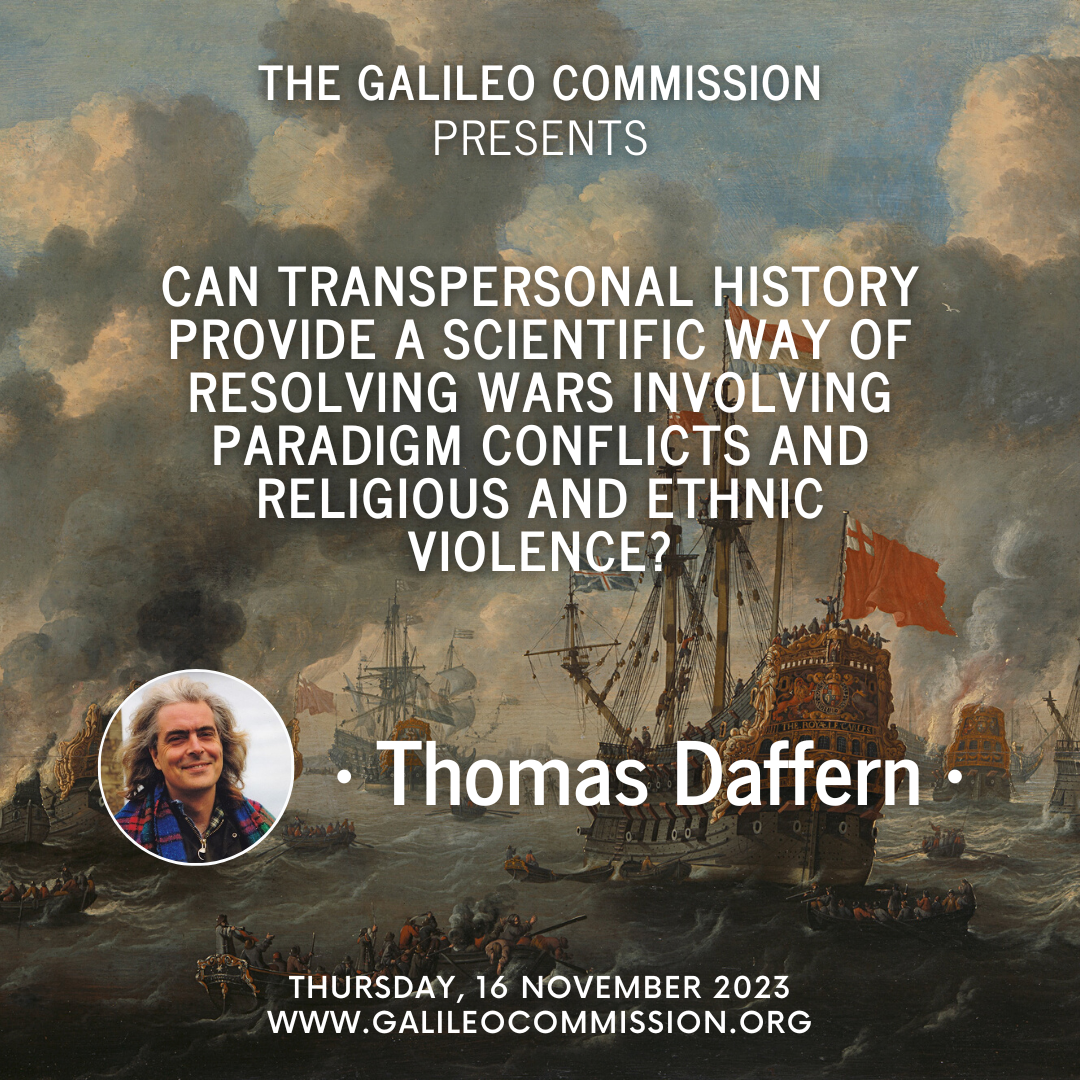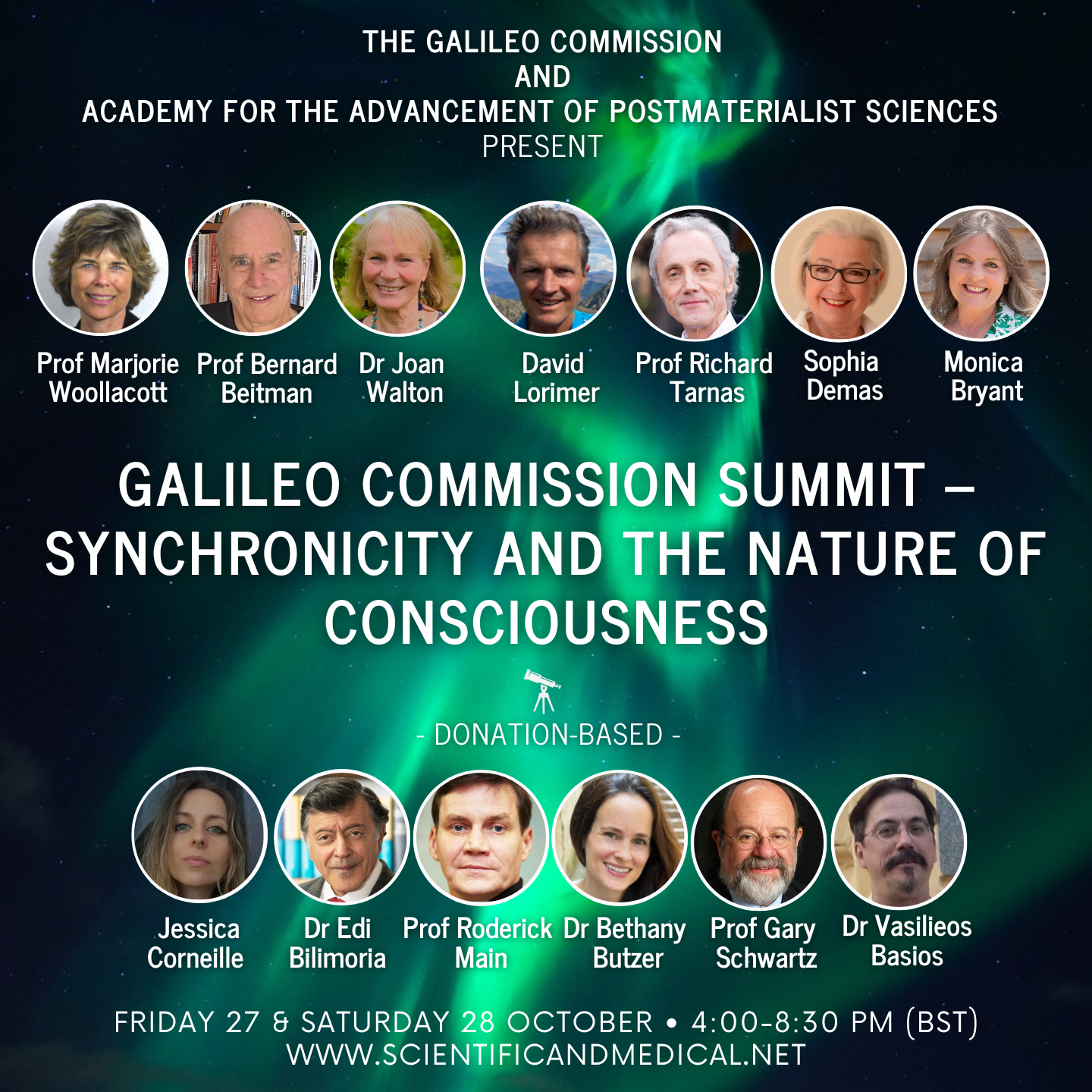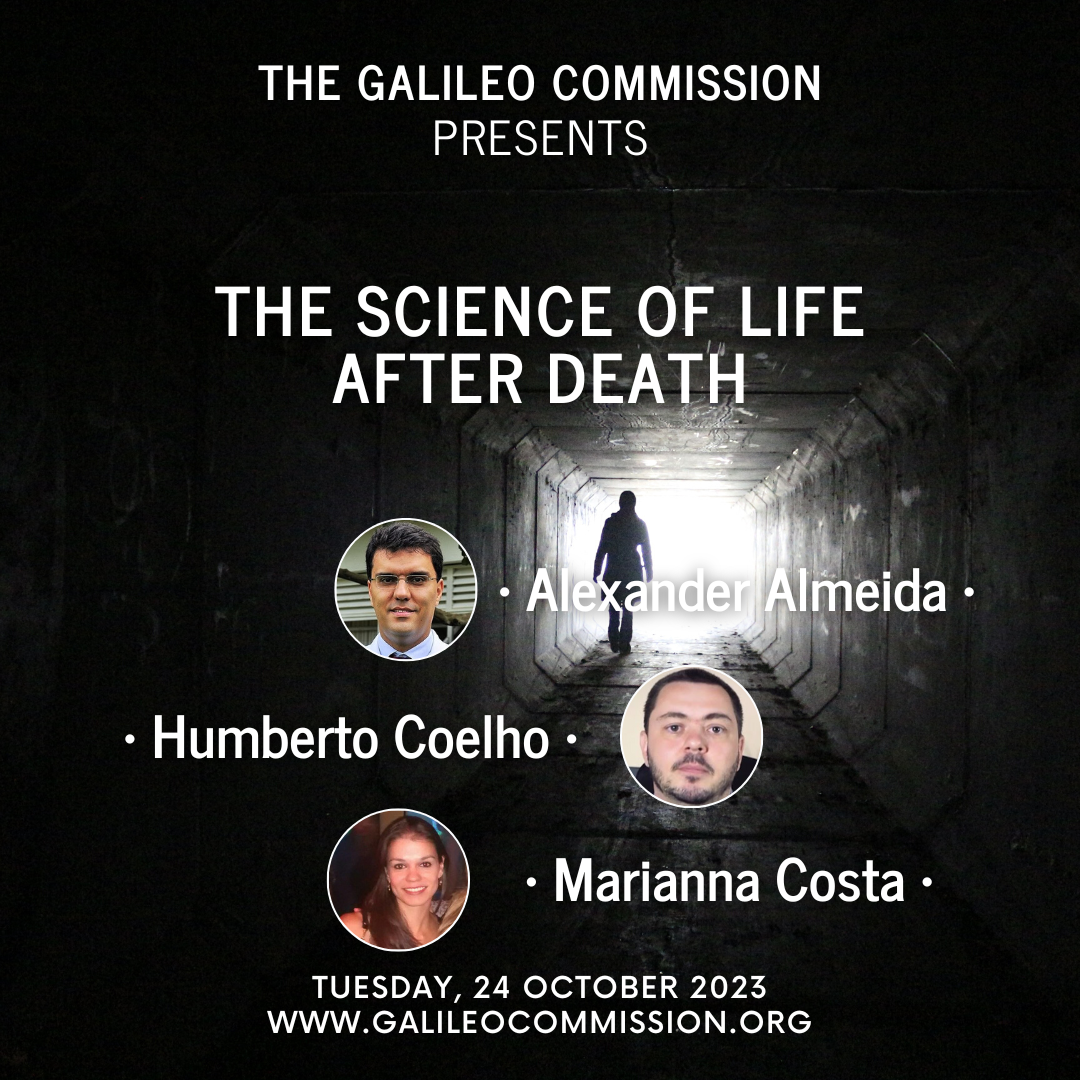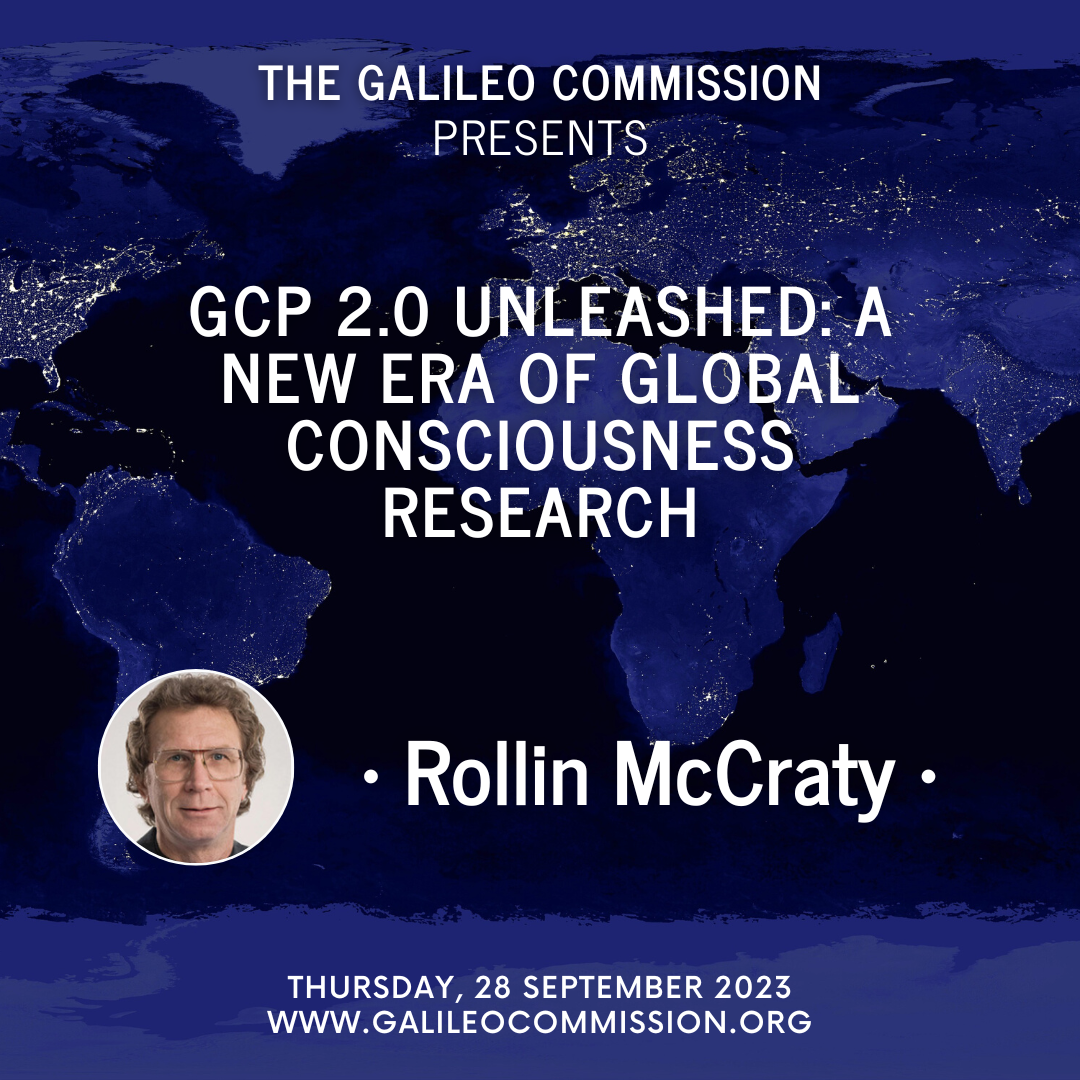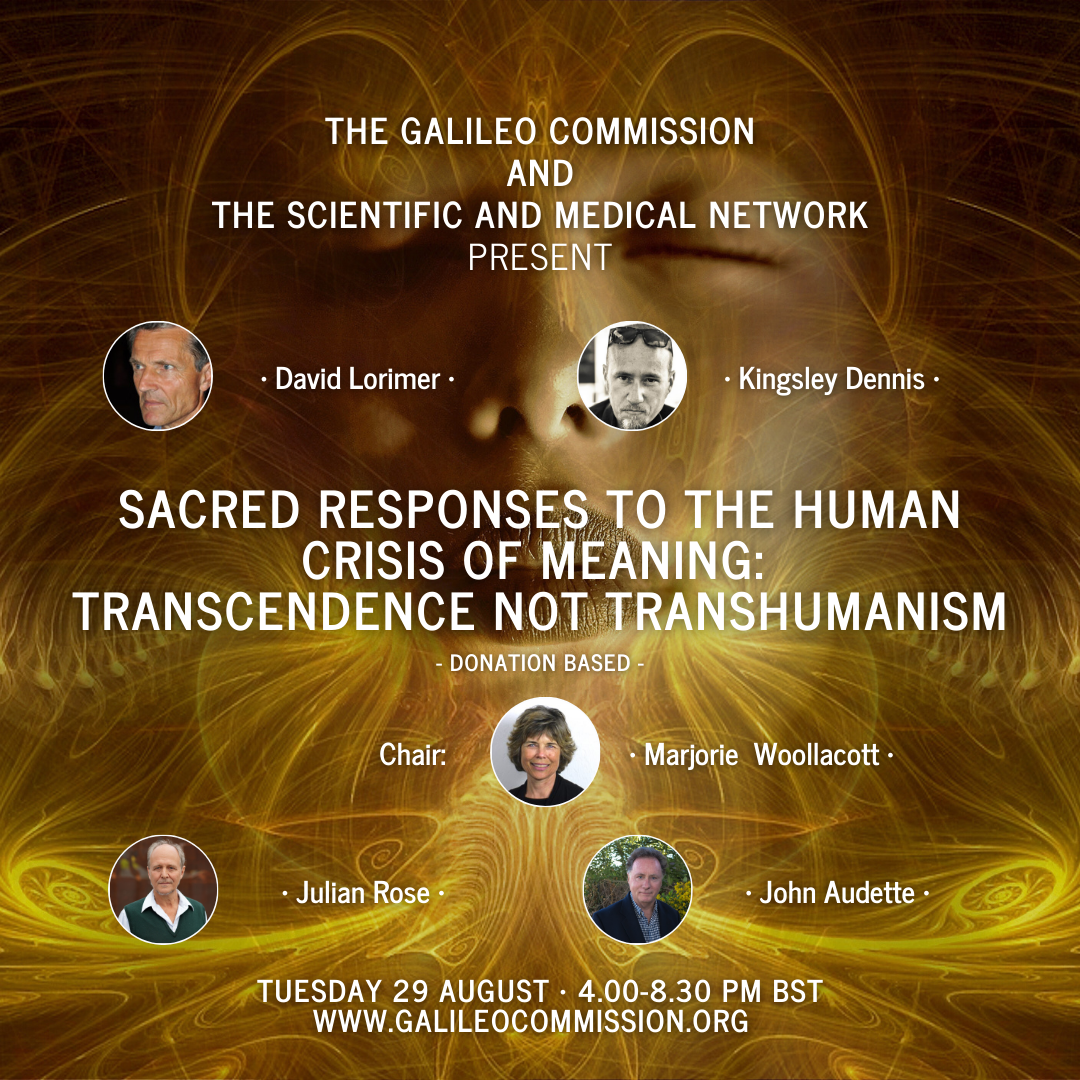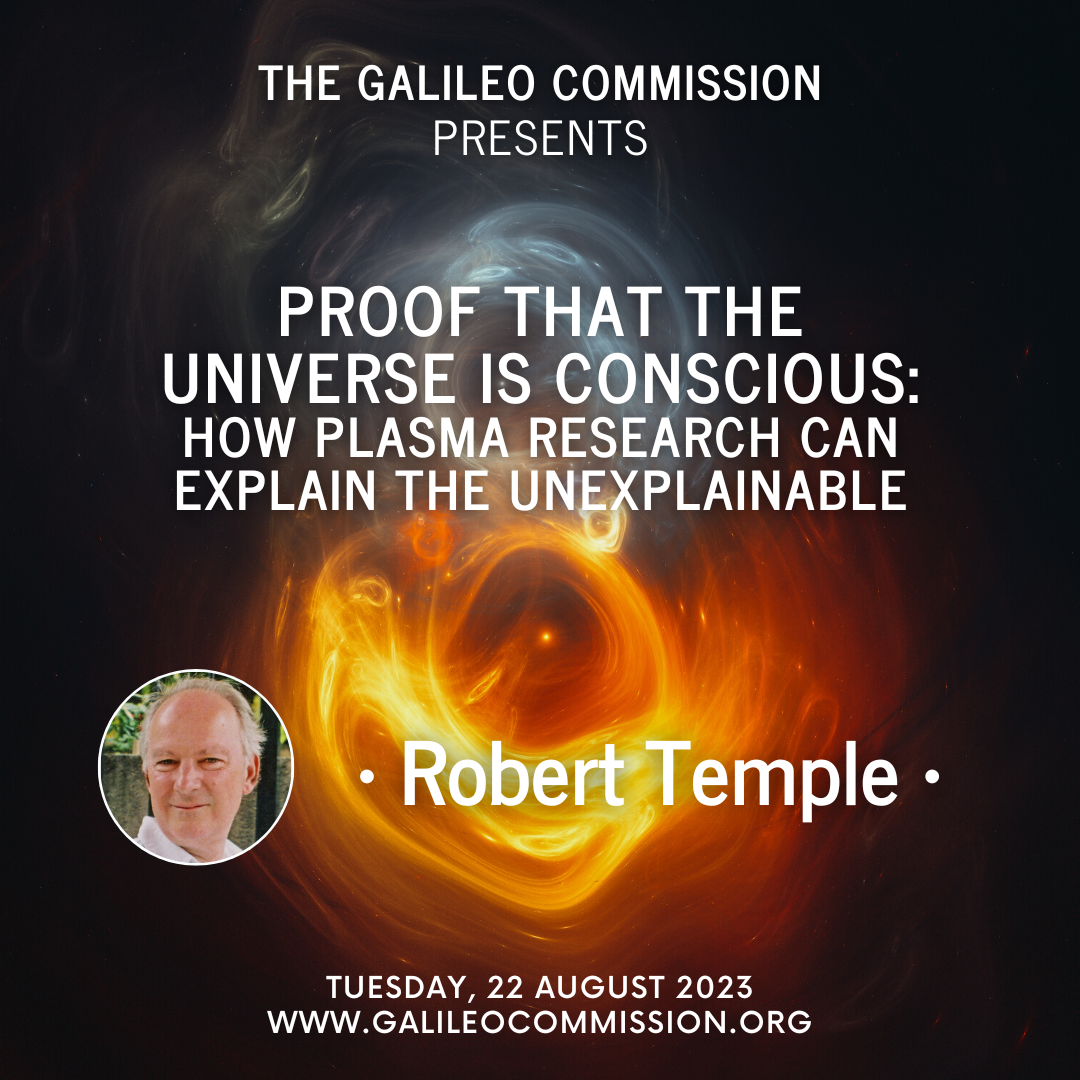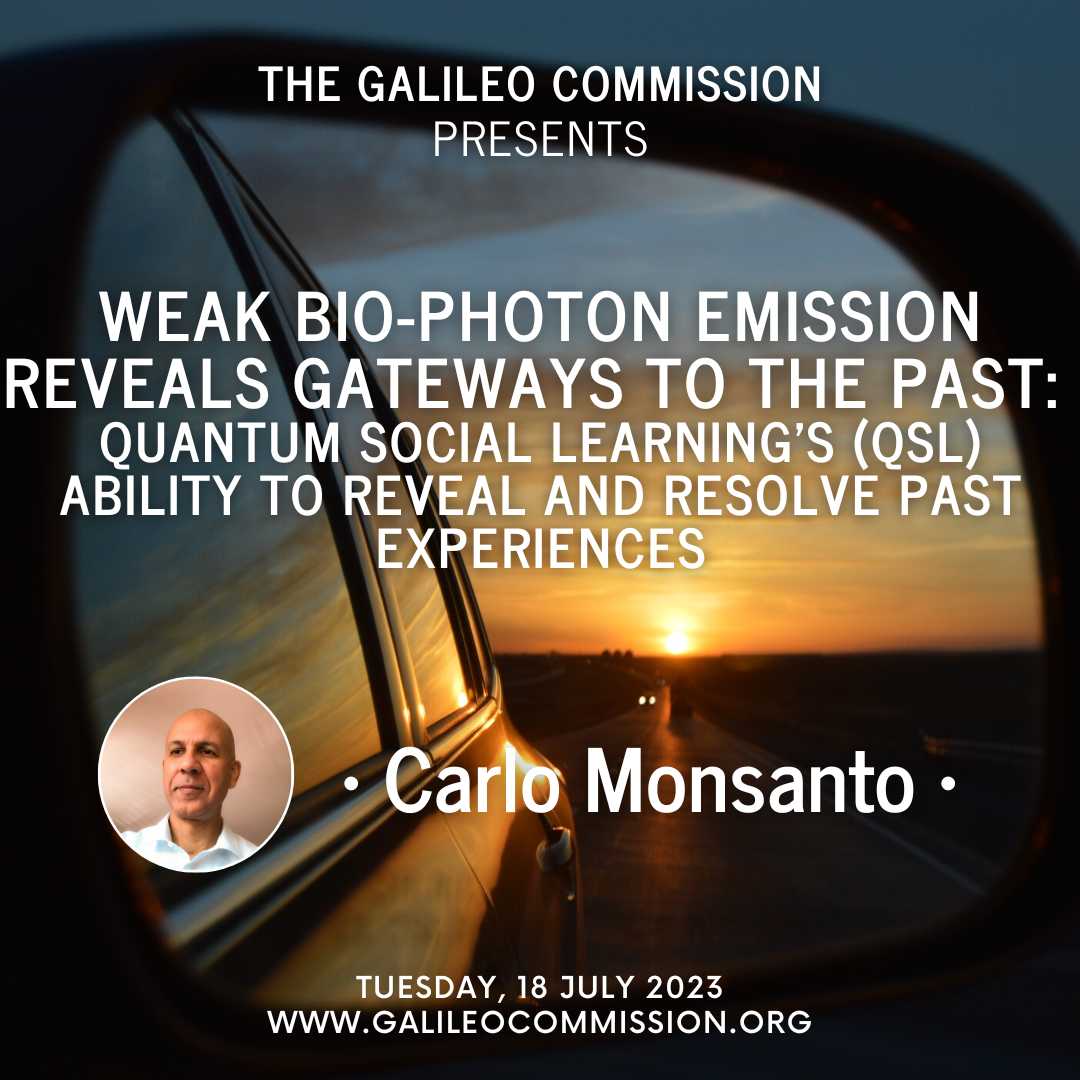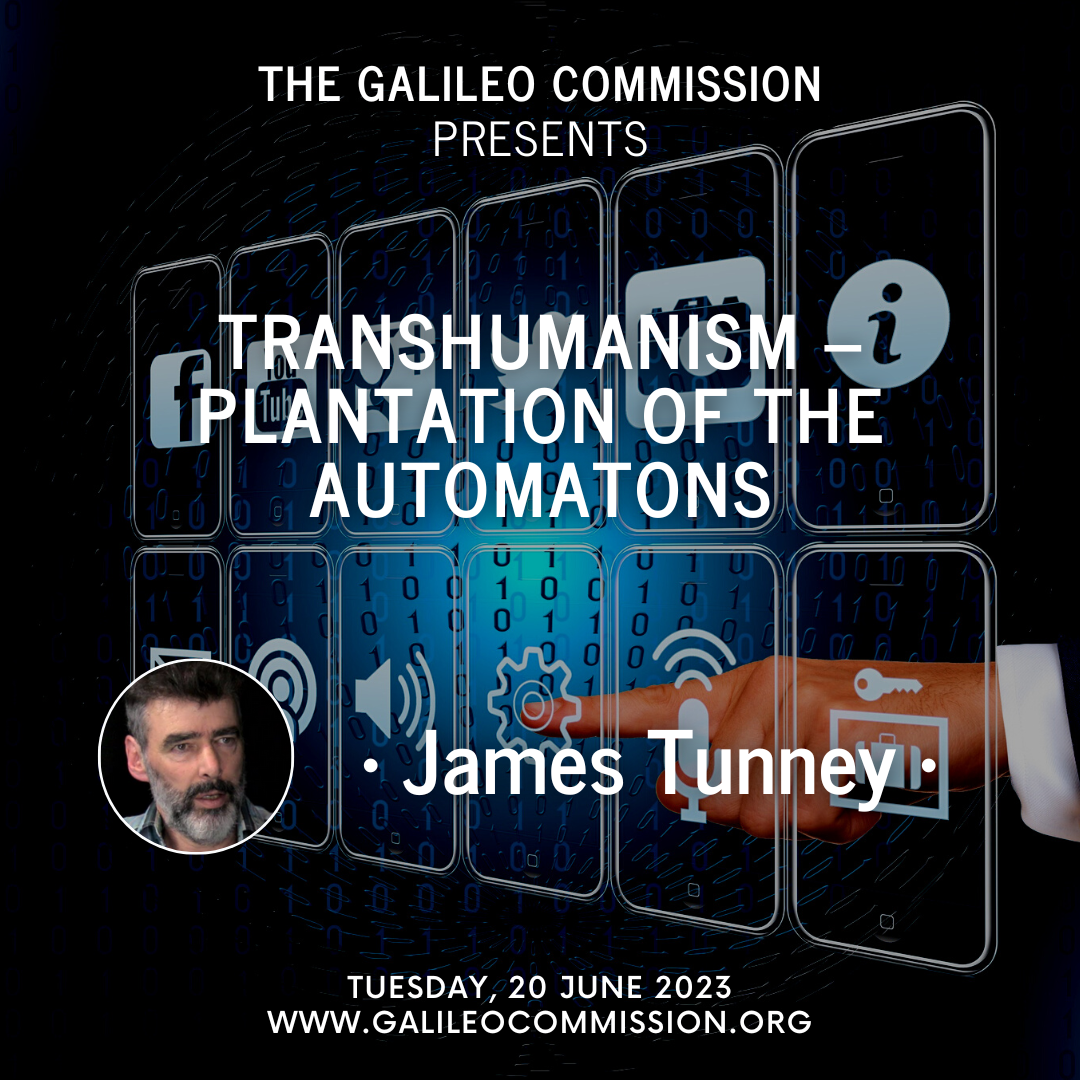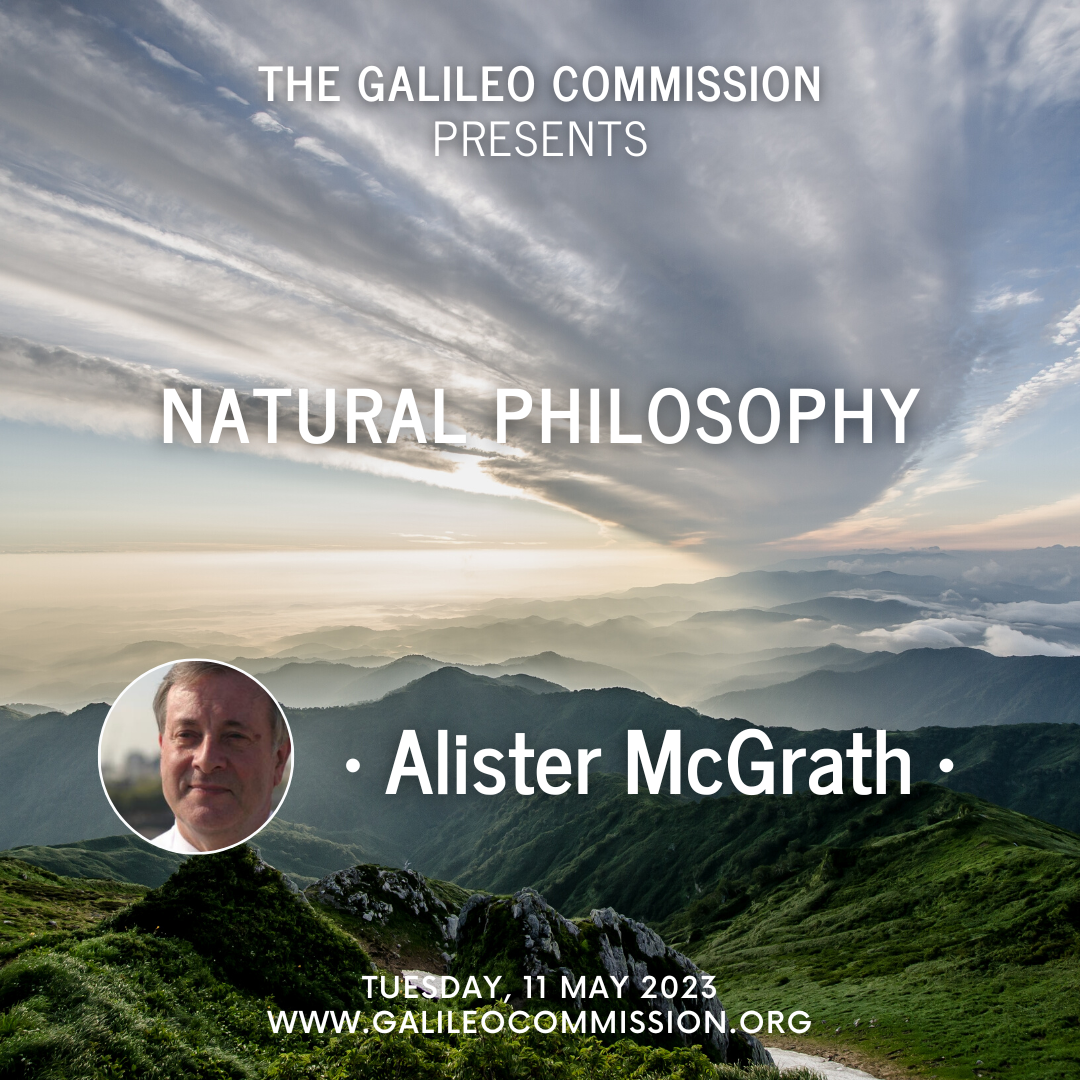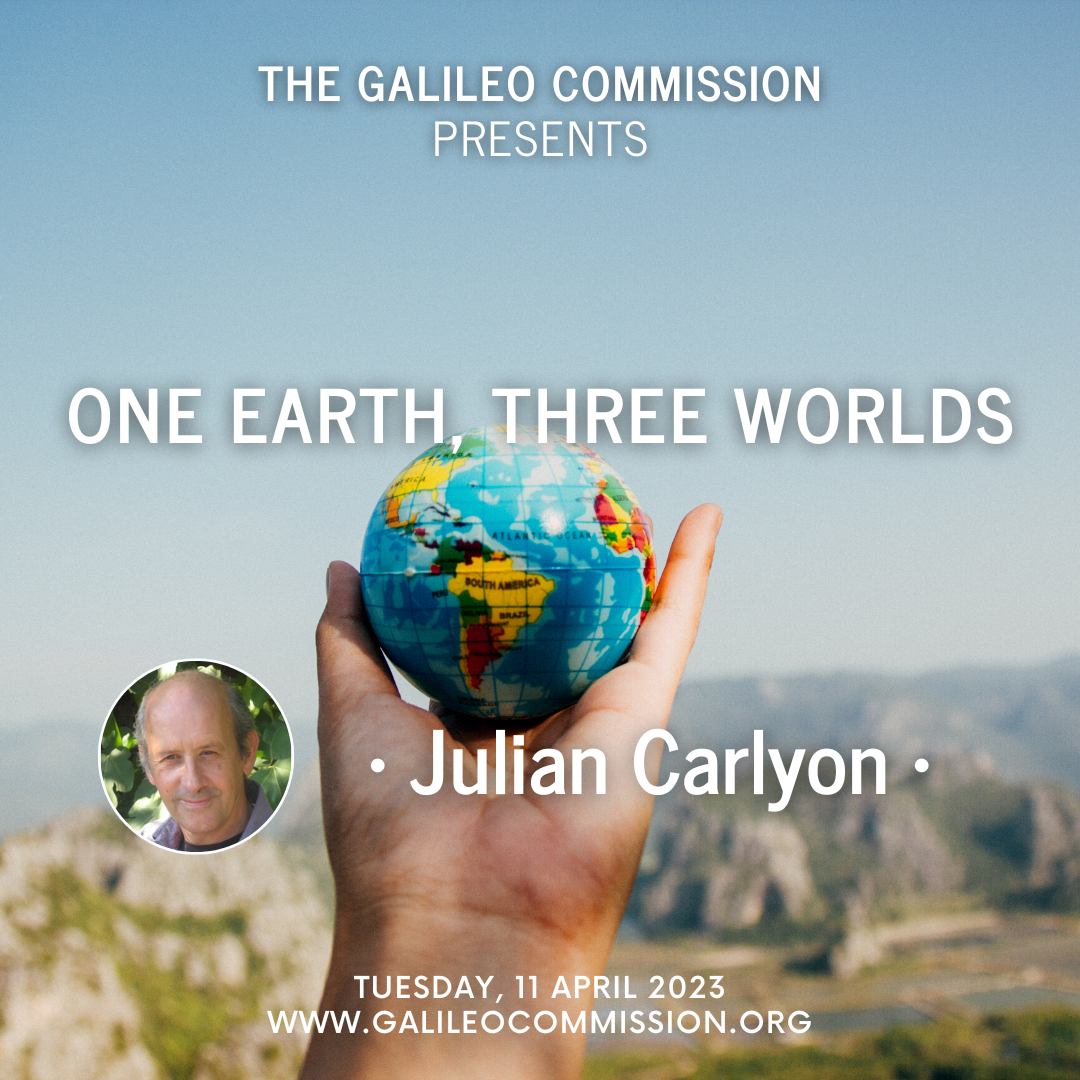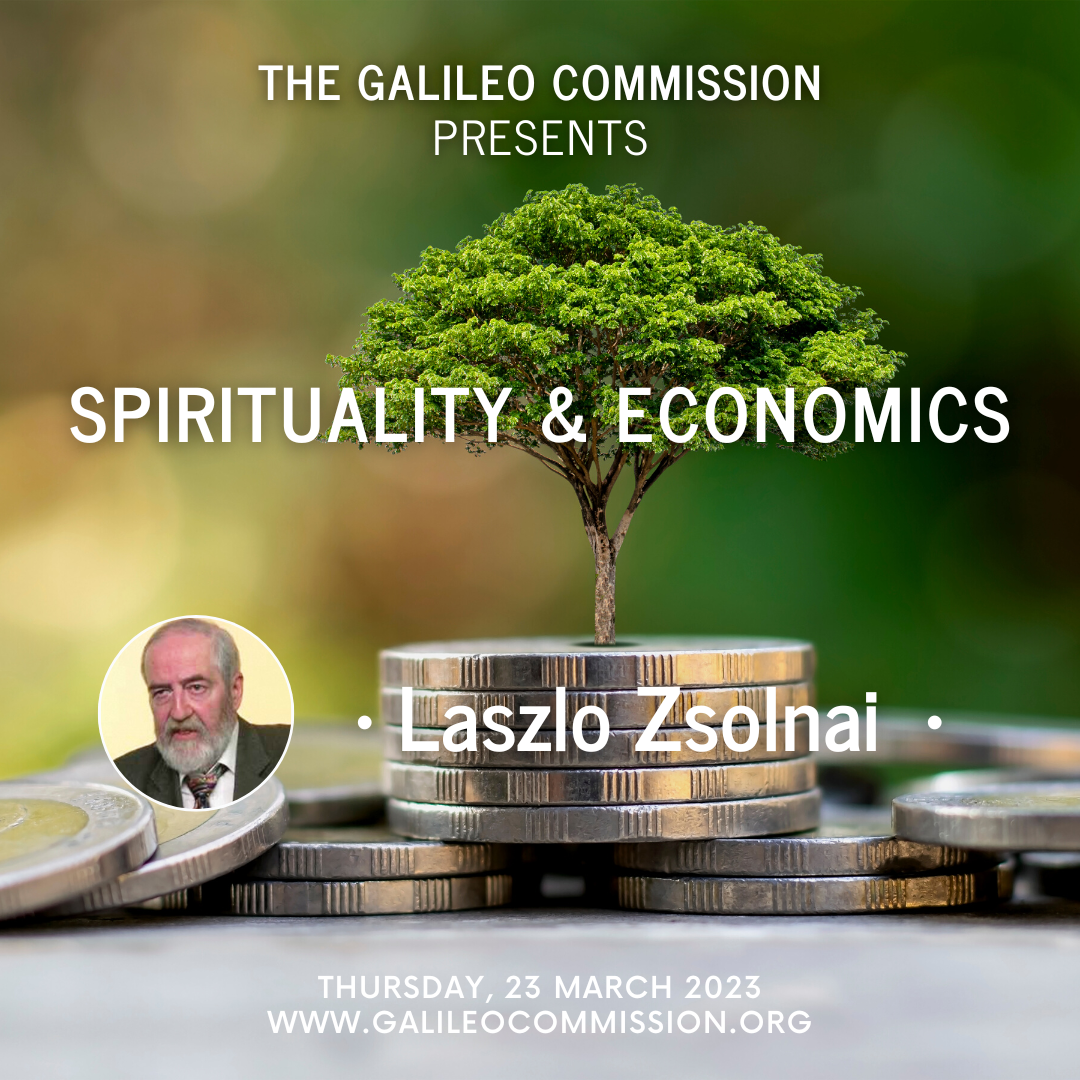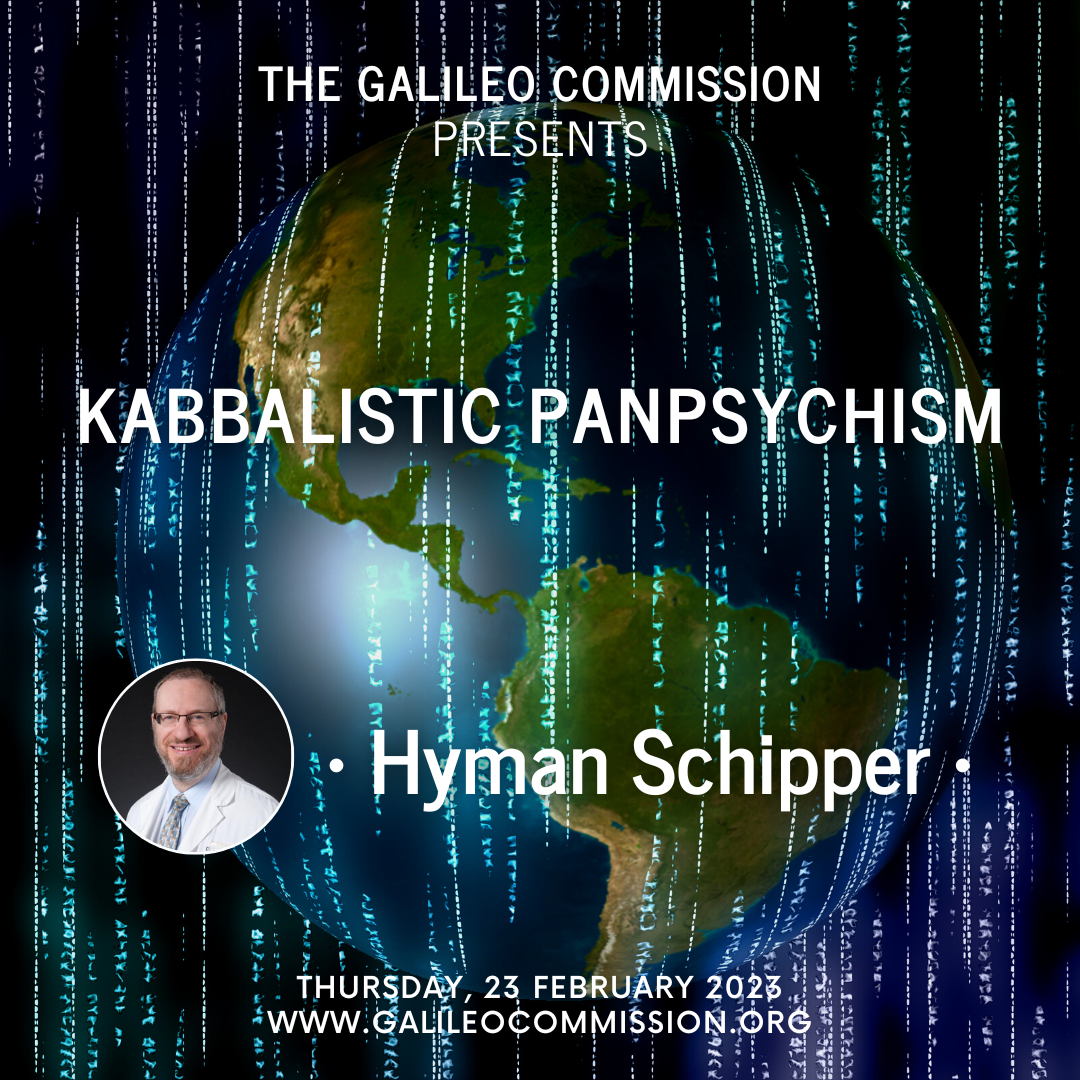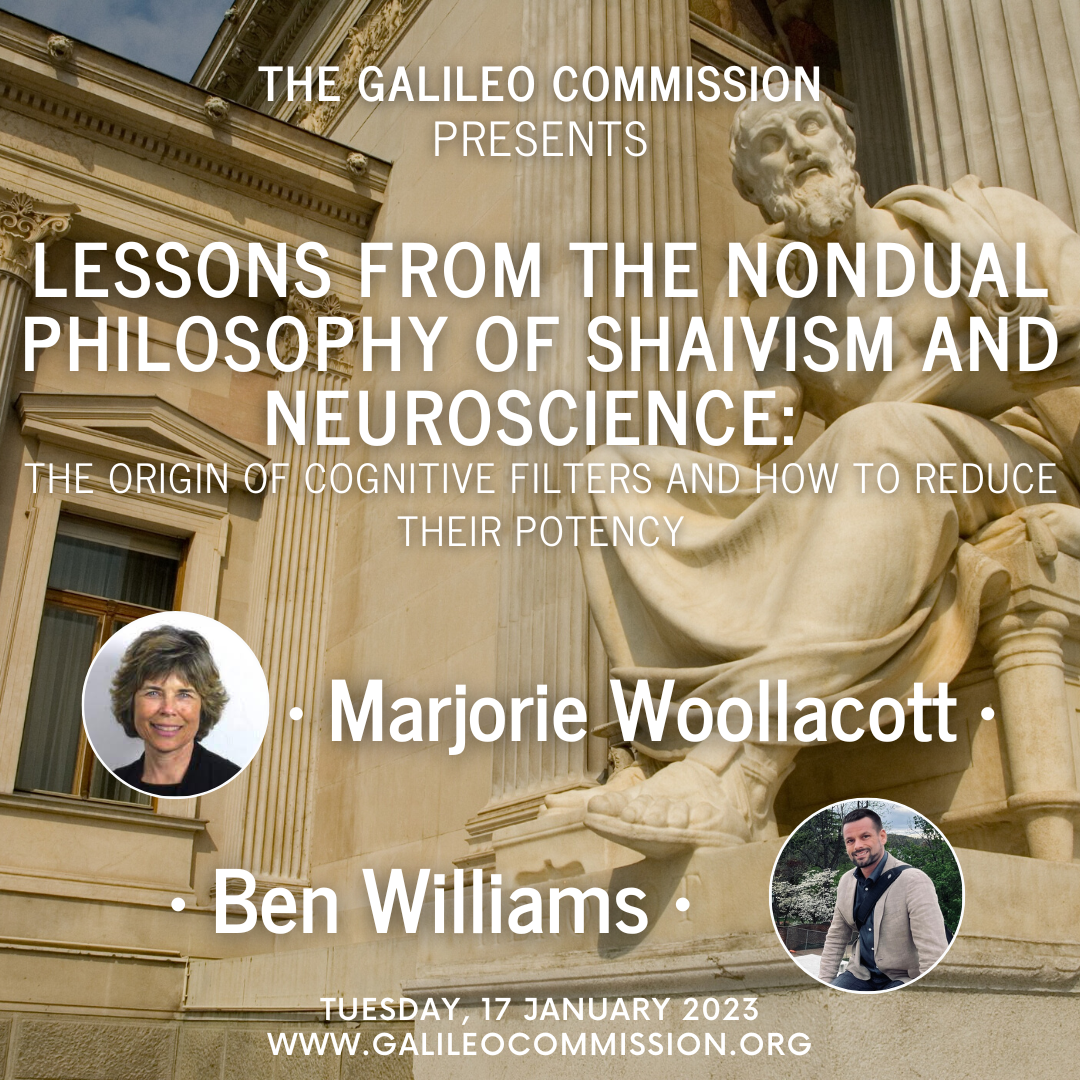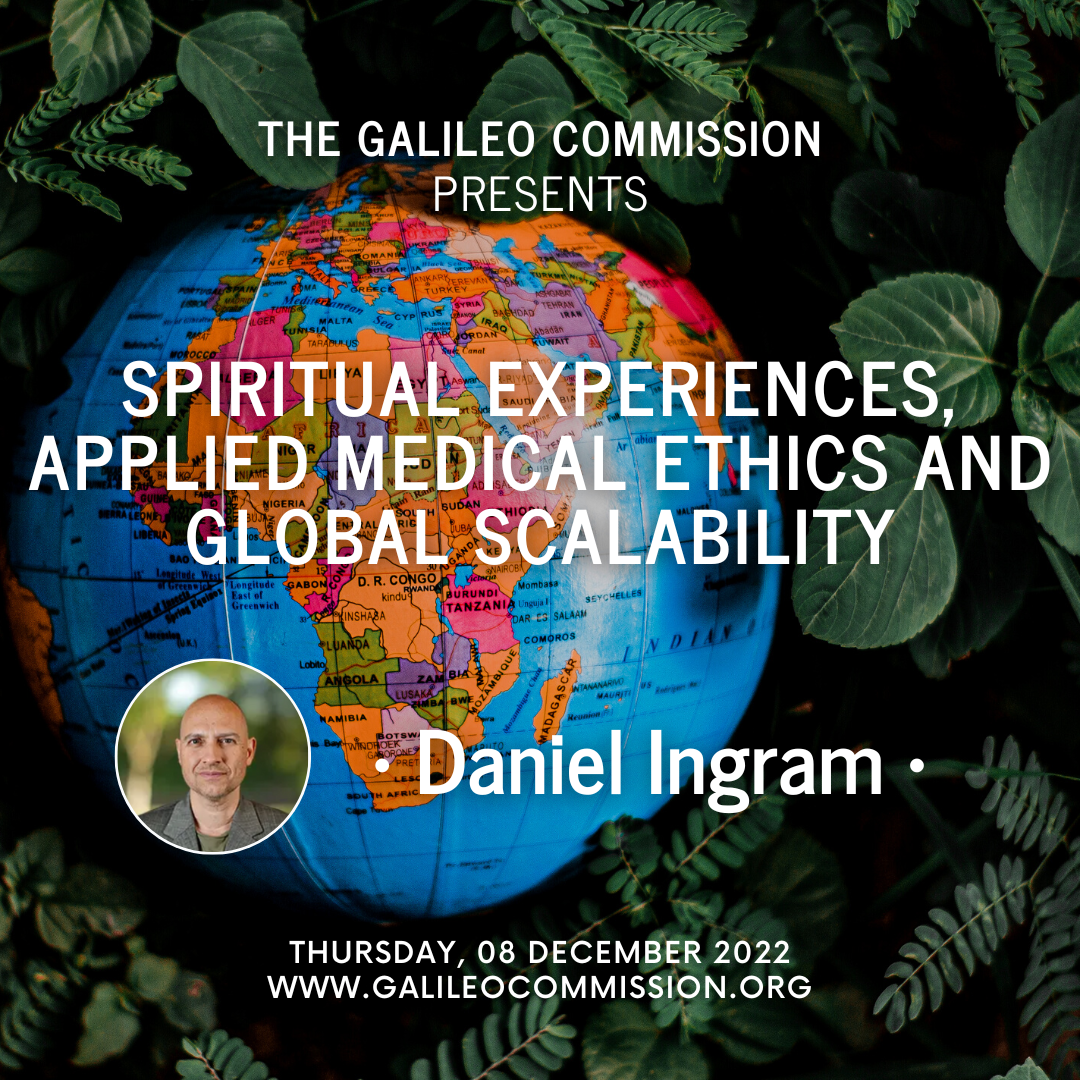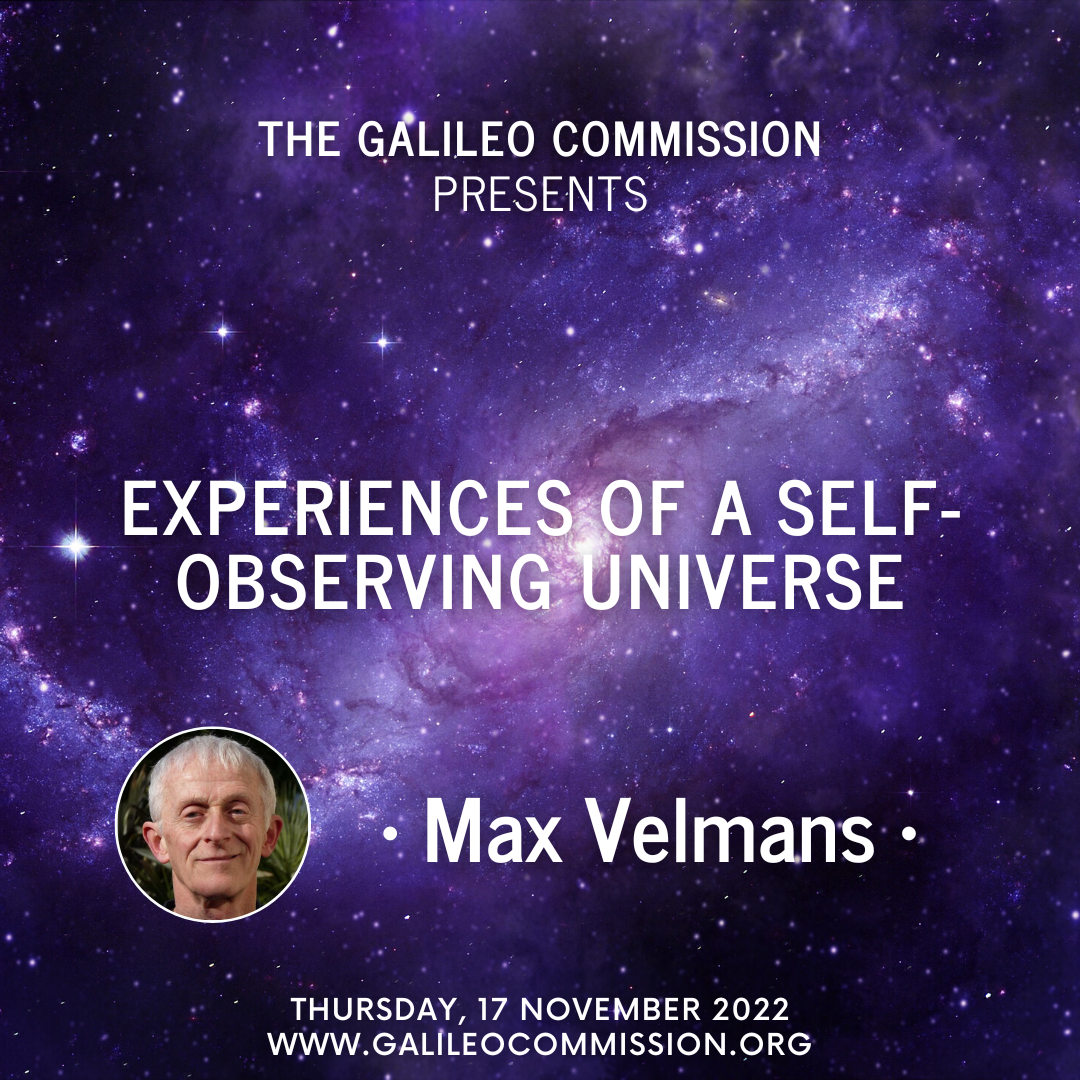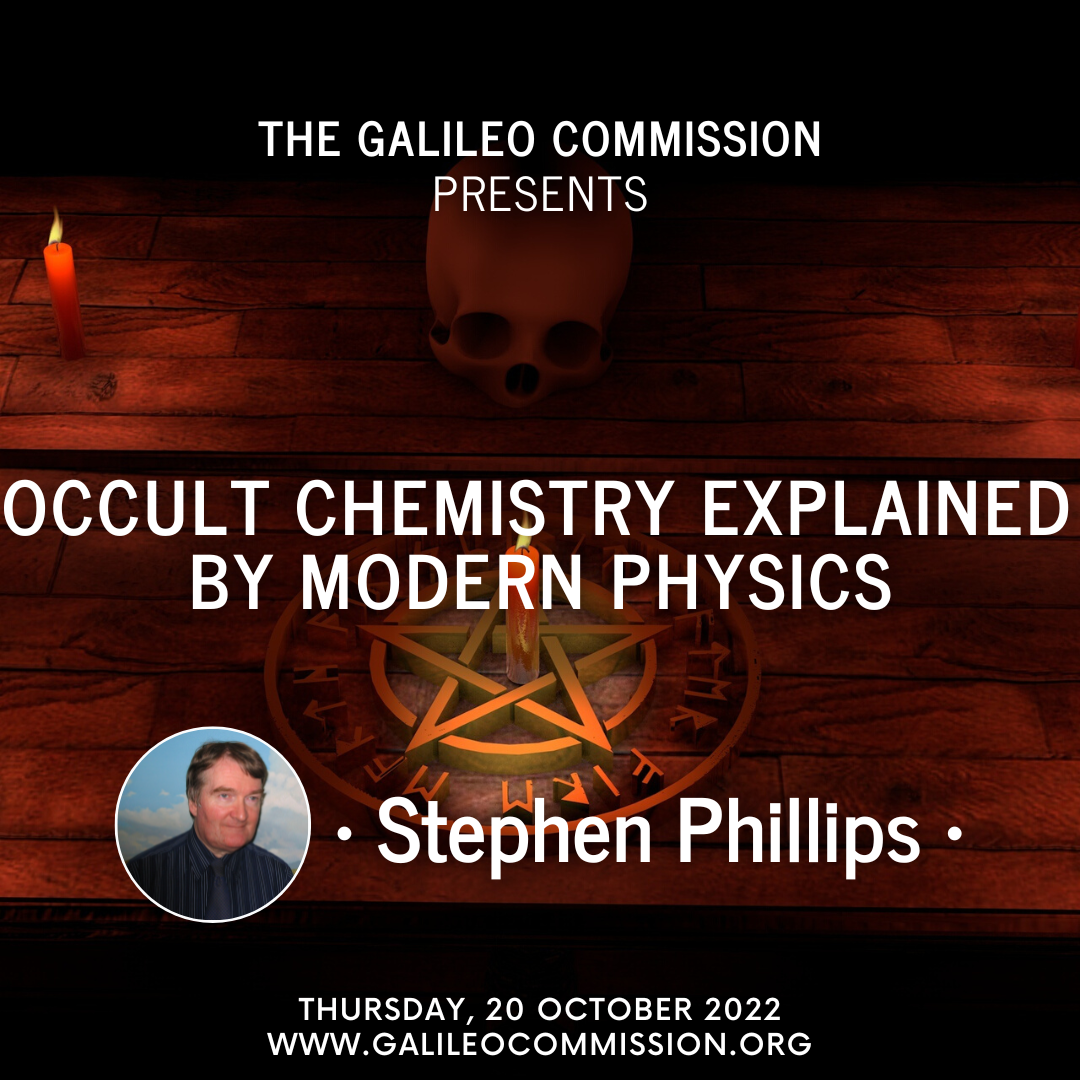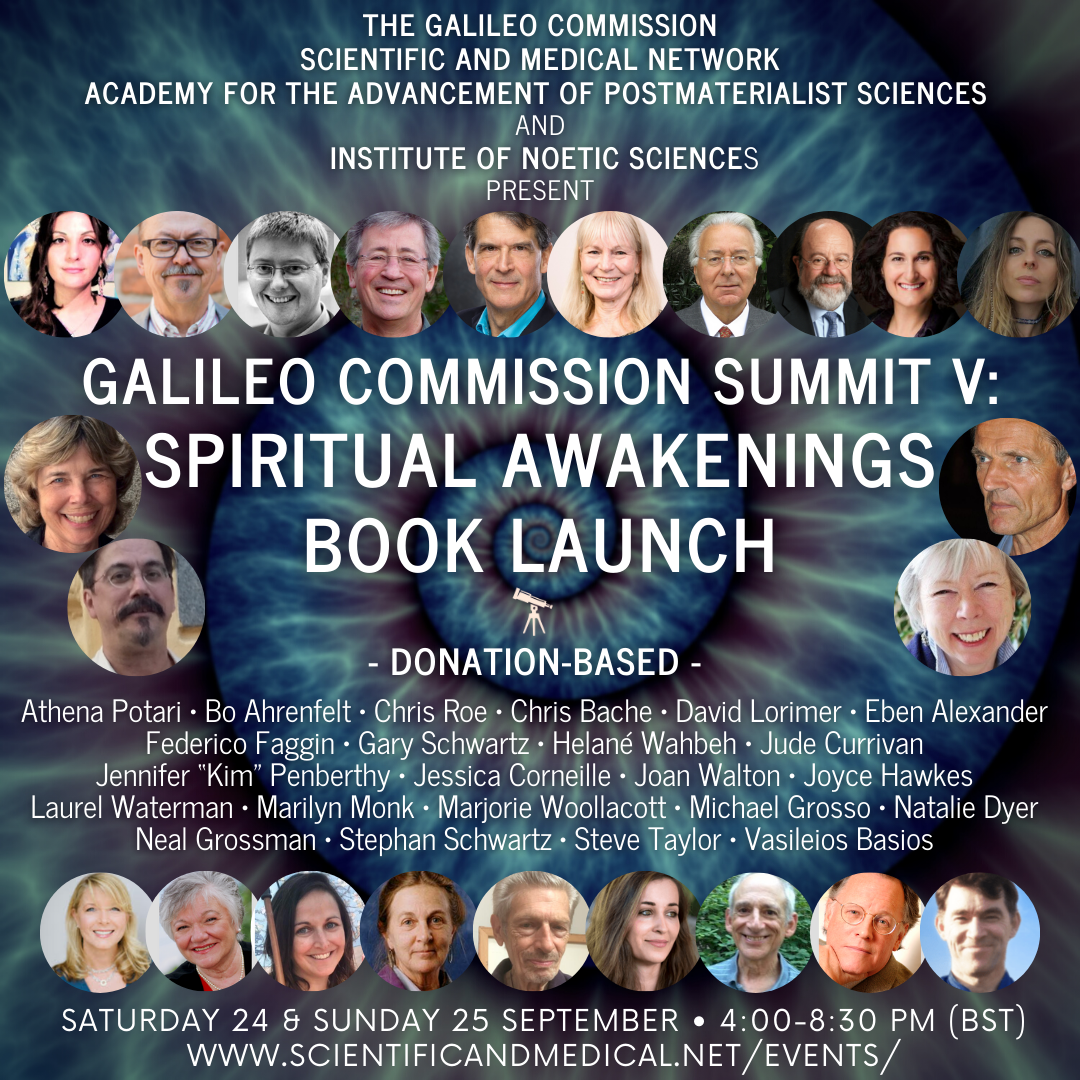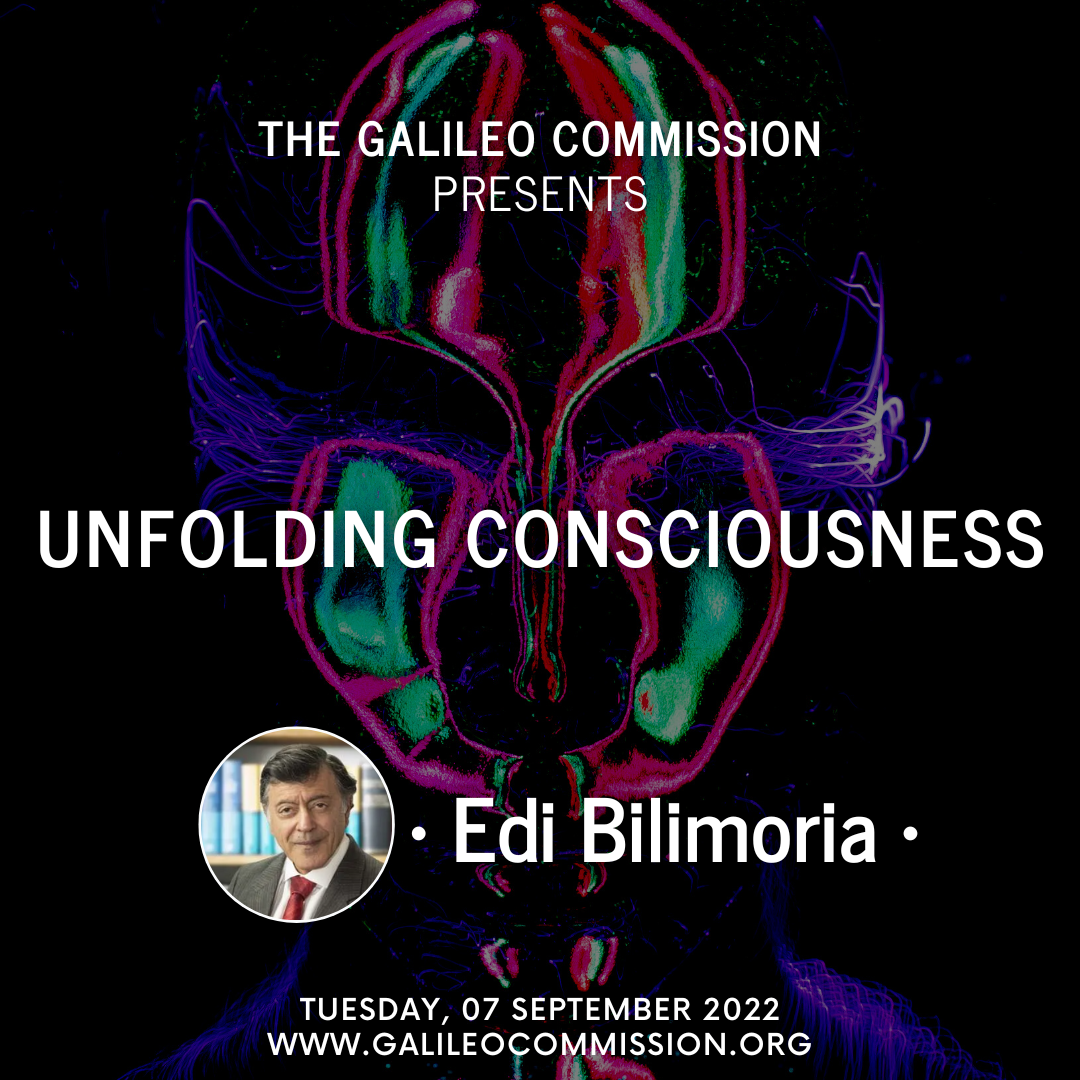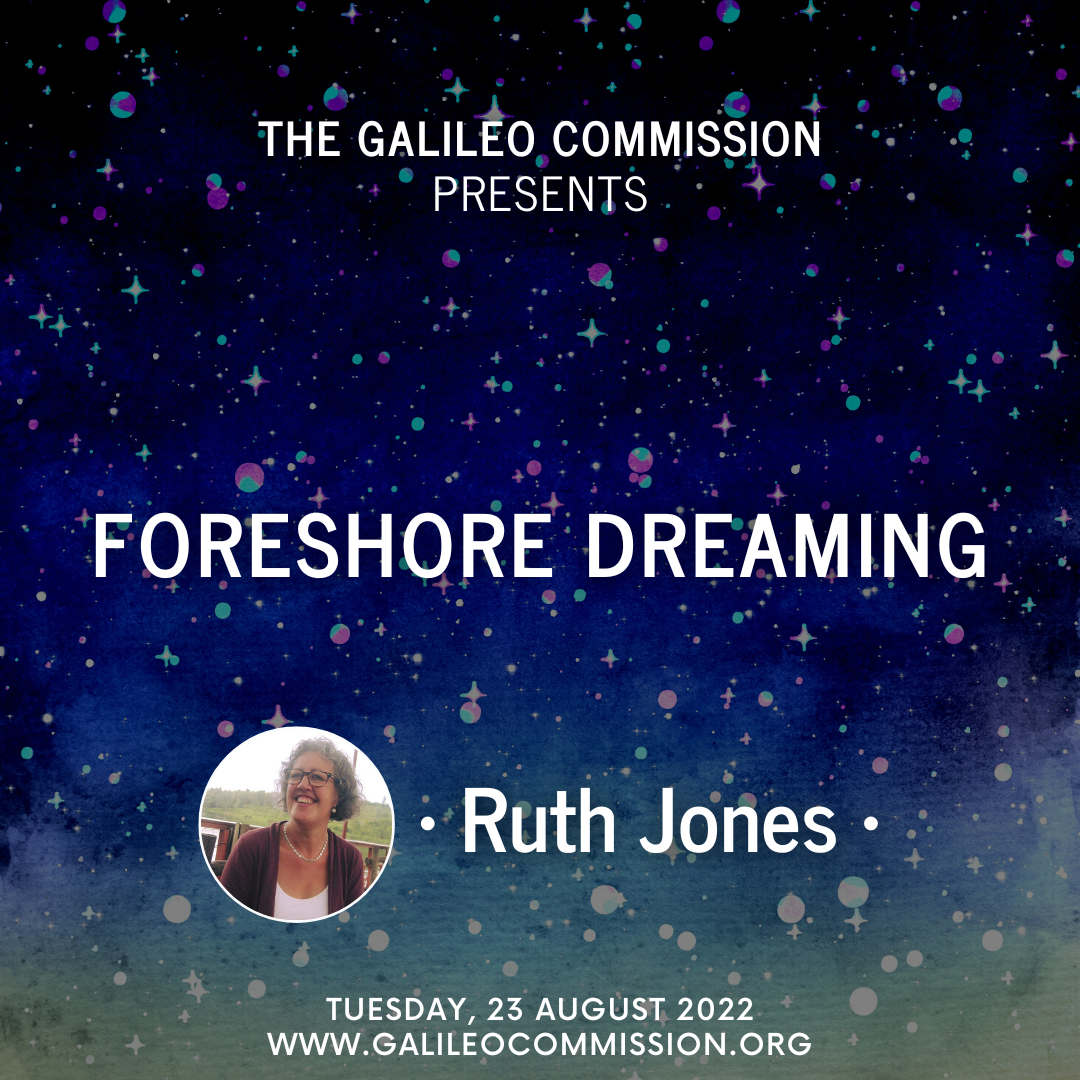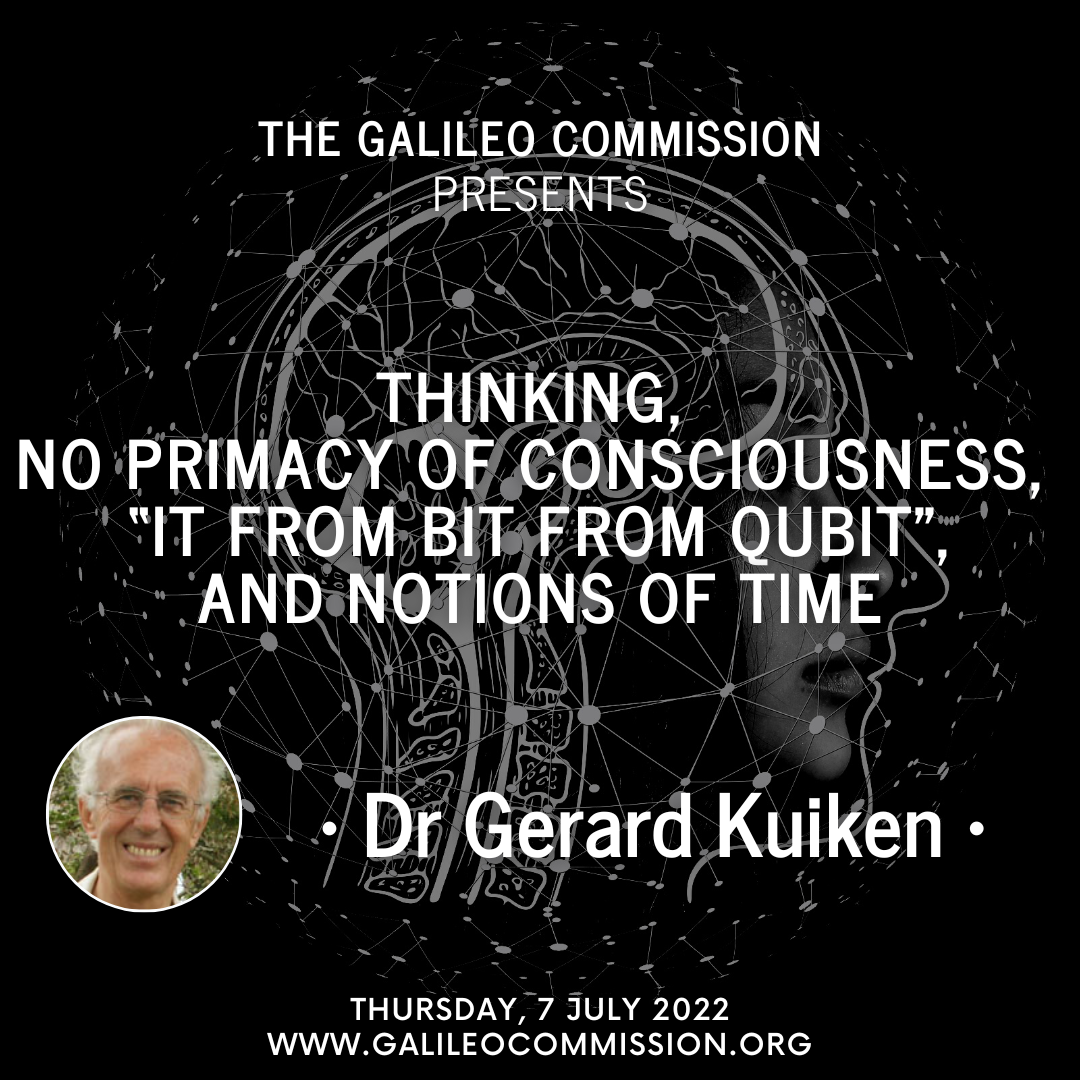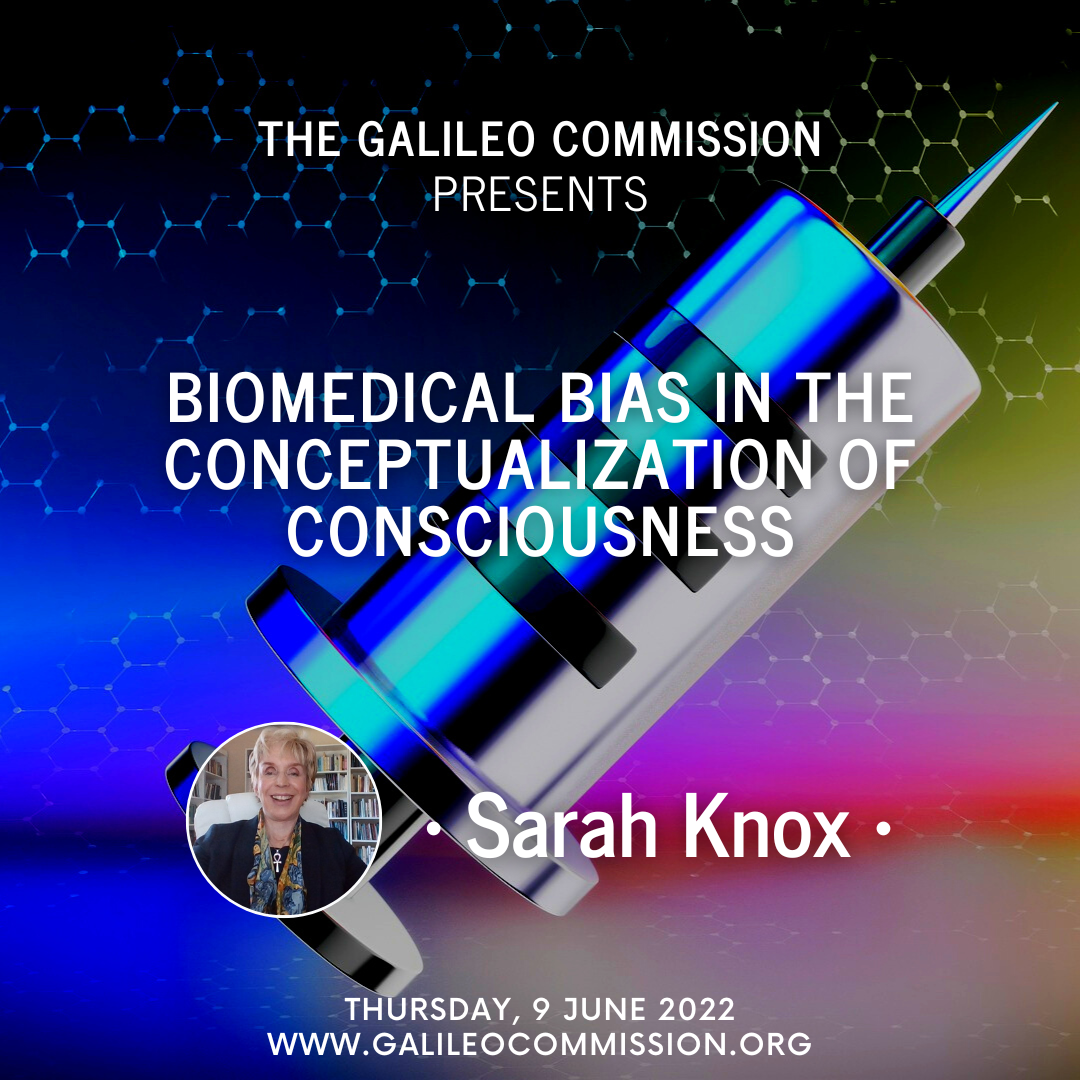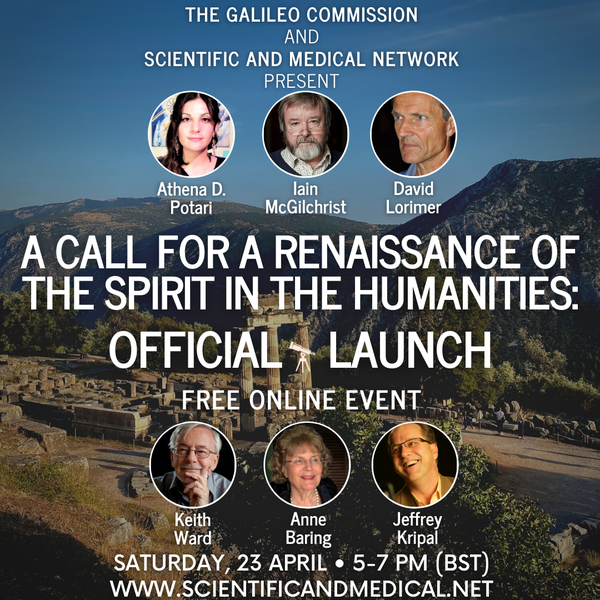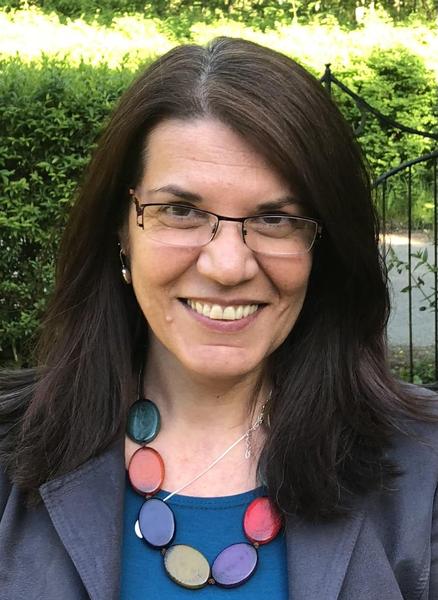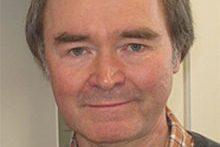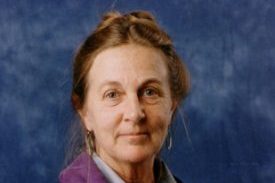David Lorimer hosts Pari Center Book-A-Month Club
An informal monthly get-together to discuss books of significance for the Pari Center community. Pari Center is a GC partner. This evening was hosted by our very own David Lorimer to discuss The Passion of the Western Mind by GC adviser Richard Tarnas
Interviews with Innocence – Peter Russell
Peter shares fascinating insights into how the Beatles and the psychedelic influences of the 60s played a pivotal role in his exploration of consciousness. He opens up about the moment he realized that traditional academics could not satiate his thirst for knowledge, leading him to embark on an awakening project that transformed his life and work.
Liza Horan
Liza Horan covers the mind-body-spirit movement as editor of Mindstream.world and host of The Mindstream Podcast, and provides
David Lorimer hosts Pari Center Book-A-Month Club
An informal monthly get-together to discuss books of significance for the Pari Center community. Pari Center is a GC partner. This evening was hosted by our very own David Lorimer to discuss The Passion of the Western Mind by GC adviser Richard Tarnas
Interviews with Innocence – Peter Russell
Peter shares fascinating insights into how the Beatles and the psychedelic influences of the 60s played a pivotal role in his exploration of consciousness. He opens up about the moment he realized that traditional academics could not satiate his thirst for knowledge, leading him to embark on an awakening project that transformed his life and work.
Liza Horan
Liza Horan covers the mind-body-spirit movement as editor of Mindstream.world and host of The Mindstream Podcast, and provides
David Lorimer hosts Pari Center Book-A-Month Club
An informal monthly get-together to discuss books of significance for the Pari Center community. Pari Center is a GC partner. This evening was hosted by our very own David Lorimer to discuss The Passion of the Western Mind by GC adviser Richard Tarnas
Interviews with Innocence – Peter Russell
Peter shares fascinating insights into how the Beatles and the psychedelic influences of the 60s played a pivotal role in his exploration of consciousness. He opens up about the moment he realized that traditional academics could not satiate his thirst for knowledge, leading him to embark on an awakening project that transformed his life and work.
Liza Horan
Liza Horan covers the mind-body-spirit movement as editor of Mindstream.world and host of The Mindstream Podcast, and provides
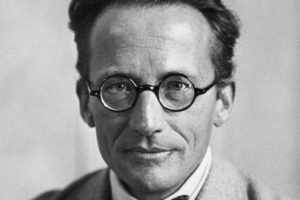
– Erwin Schrödinger
– Prof David Bohm
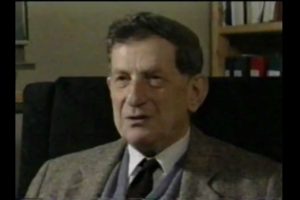
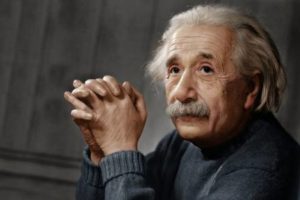
– Albert Einstein
Click on any event to view the recordings as well as event details

